Rasputin
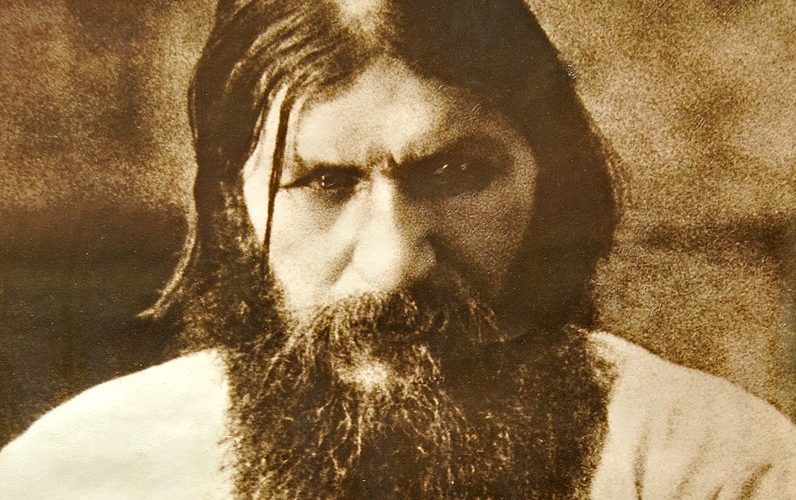
Mysterious Russian mystic Grigori Rasputin wielded significant influence in Russia at the start of the 20th century. The monk had apparently cured the Tsarina’s son of his haemophilia, and consequently became a trusted advisor to the ruling Romanov family. Rasputin was famed for his supposed clairvoyance, and he didn’t just predict his own demise – he also predicted the downfall of the entire Russian monarchy. In 1917, Rasputin wrote to the Tsarina, claiming that he would be dead by New Year’s Eve, and that the Romanovs would follow before the end of the decade. Shortly before December 31, the monk was murdered by a group of nobles who poisoned him, shot him three times, and then drowned him for good measure. The Romanovs were wiped out a year and a half later during the 1918 Bolshevik rebellion.
Buddy Holly
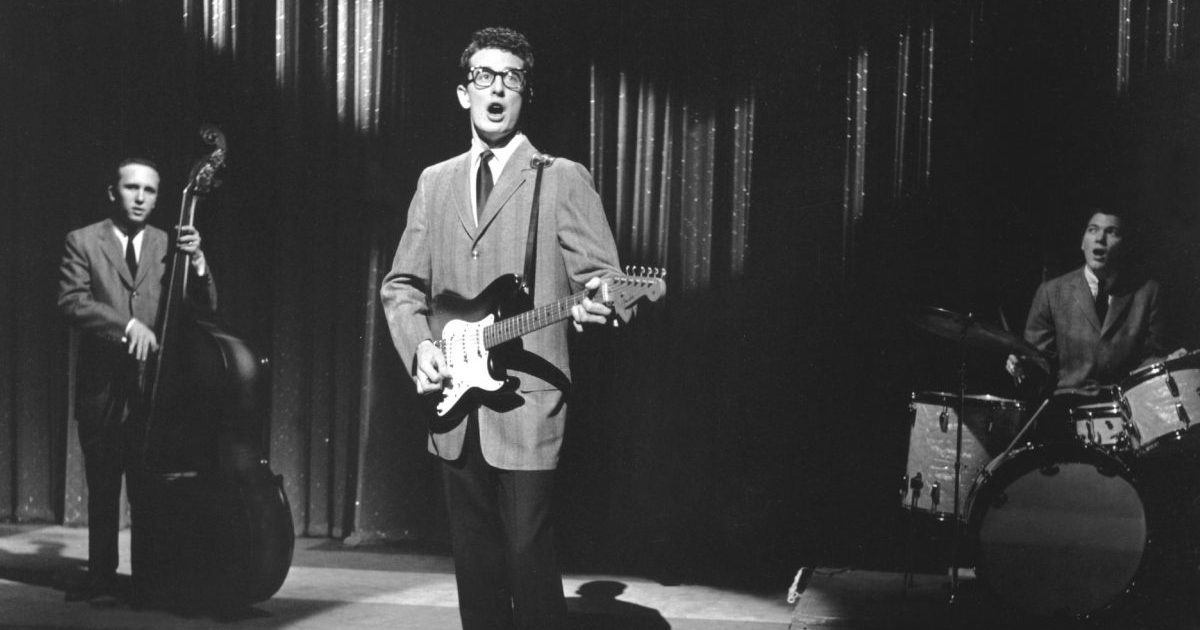
One of the early pioneers of rock n’ roll, Buddy Holly rose to prominence in the 50s, and his song That’ll Be The Day went on to become a timeless classic. In January 1959, Holly and his wife, Maria, awoke at the same time in the middle of the night, in a state of great distress. The couple had both had nightmares, which involved a plane, a farm, and Holly leaving his wife. The musician was so shaken that he burst into tears, and he remained deeply troubled by the dream. A month later, Holly left his family to embark on a tour of the Midwest that was supposed to last for several months, but on Feb 2 his plane was caught in a storm shortly after takeoff and plummeted into a field in Iowa, killing everyone on board.
Marc Bolan
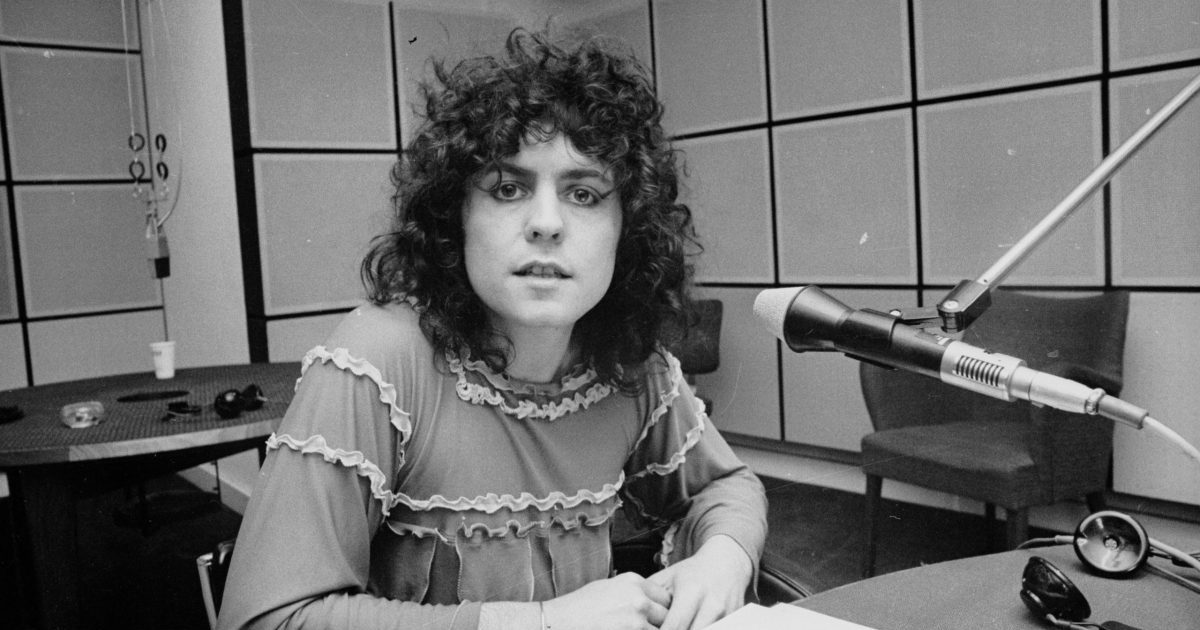
Marc Bolan, the singer and guitarist of rock band T. Rex, was known for writing entertaining if somewhat nonsensical lyrics. However, some fans are convinced that a line from T. Rex’s song Solid Gold Easy Action was actually a clairvoyant prediction of Bolan’s own death. The line in question goes, “life is the same and it always will be, easy as picking foxes from a tree,” which sounded as meaningless as most of T. Rex’s lyrics until the singer crashed his car, propelling Bolan and his girlfriend into a tree and necessitating the extrication of their bodies from its branches. The spookiest detail has to be the car’s numberplate, which read FOX11.
Abraham Lincoln
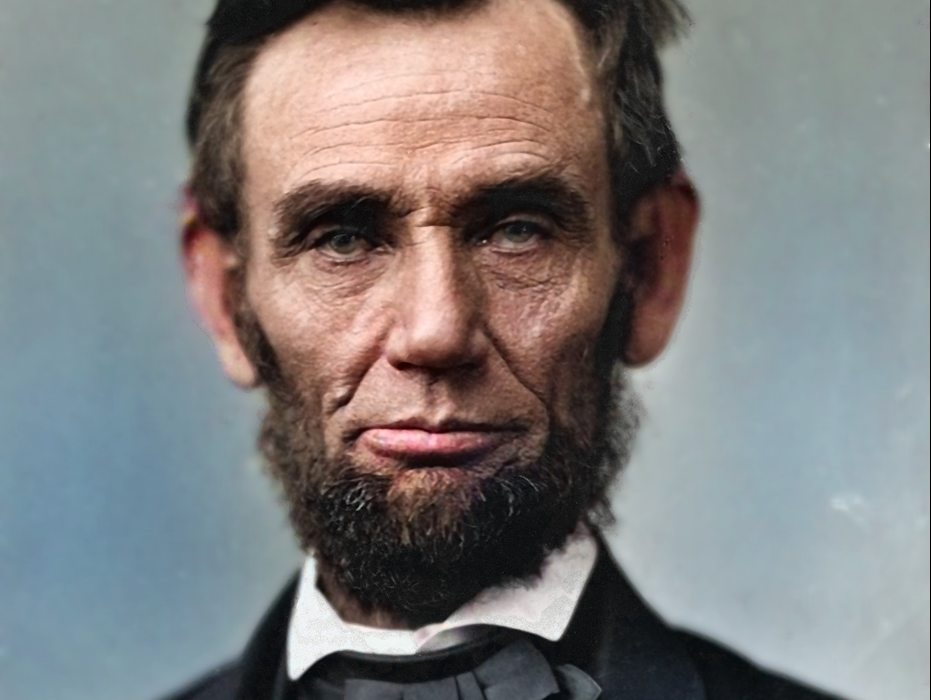
When Abraham Lincoln’s electoral victory was confirmed on November 6, 1860, Southern States began taking steps to secede from the union, instigating the American Civil War. After four years of brutal fighting, the North eventually declared victory, but the war would still cost Lincoln his life. On April 14, 1965, confederate spy John Wilkes Booth snuck into Lincoln’s box at the Ford Theatre and shot him in the back of the head. Three days before his slaying, Lincoln recounted a troubling dream to one of his friends. In the dream, Lincoln saw a coffin in the White House, and when he asked the soldier guarding it who had died, he received the answer, “the President, he was assassinated”.
W.T. Stead
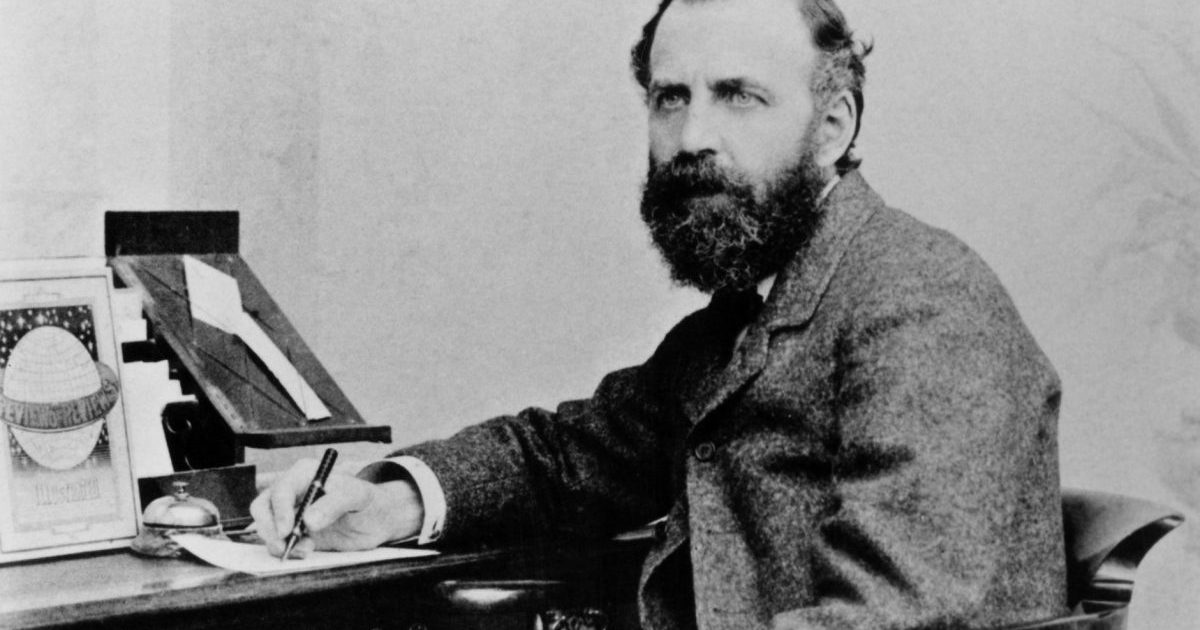
William Thomas Stead was a British author, newspaper editor, and pioneer of investigative journalism. Stead was known for tackling controversial issues in his writing, and his support for the Criminal Law Amendment Act 1885 – which raised the age of consent from 13 to 16 – was so instrumental in helping the bill pass that it ended up being known as ‘The Stead Act’. Stead was also fond of penning short stories, which often took place in maritime settings. In one of his stories, he told the tale of a ship that sank after colliding with an iceberg, leading to the demise of most of its passengers. If you hadn’t already guessed where this is going, Stead was a passenger on the doomed maiden voyage of the RMS Titanic, and perished in the arctic waters of the North Atlantic Ocean after the supposedly unsinkable ship went down.
Frank Pastore
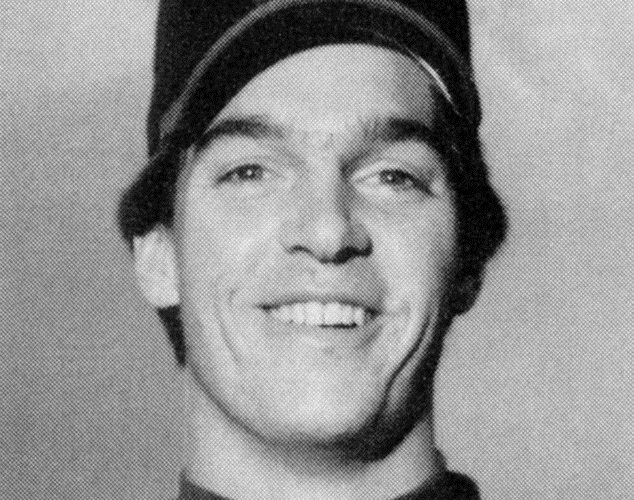
Ex-baseball player and Christian radio host Frank Pastore inadvertently predicted the exact manner of his death live on air. Pastore was an avid motorcycle enthusiast, and on November 19, 2012 he got into a rant during his show about negligent drivers, exclaiming, “at any moment, especially with the idiot people who cross the diamond lane into my lane, all right, without any blinkers – not that I’m angry about it – but at any minute I could be spread out all over the 210”. After he had finished broadcasting, Pastore mounted his motorcycle, drove onto the 210, and was promptly killed by a woman driving a Hyundai who didn’t use her blinkers.
Pistol Pete
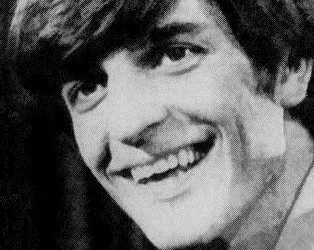
Pete Maravich, known as Pistol Pete, was an American basketball player who competed for the Louisiana Tigers. Maravich remains the highest scoring NCAA Division I scorer of all time, with a total score of 3,667 and average of 44.2 points per game. During an interview with his hometown newspaper in 1974, Maravich stated his intentions to retire, explaining that he didn’t want to “play ten years in the NBA and die of a heart attack at the age of 40”. This somewhat odd statement proved to be startlingly prescient: Maravich unexpectedly suffered a heart attack during a game in 1988, passing away six months after his 40th birthday.
Bob Marley
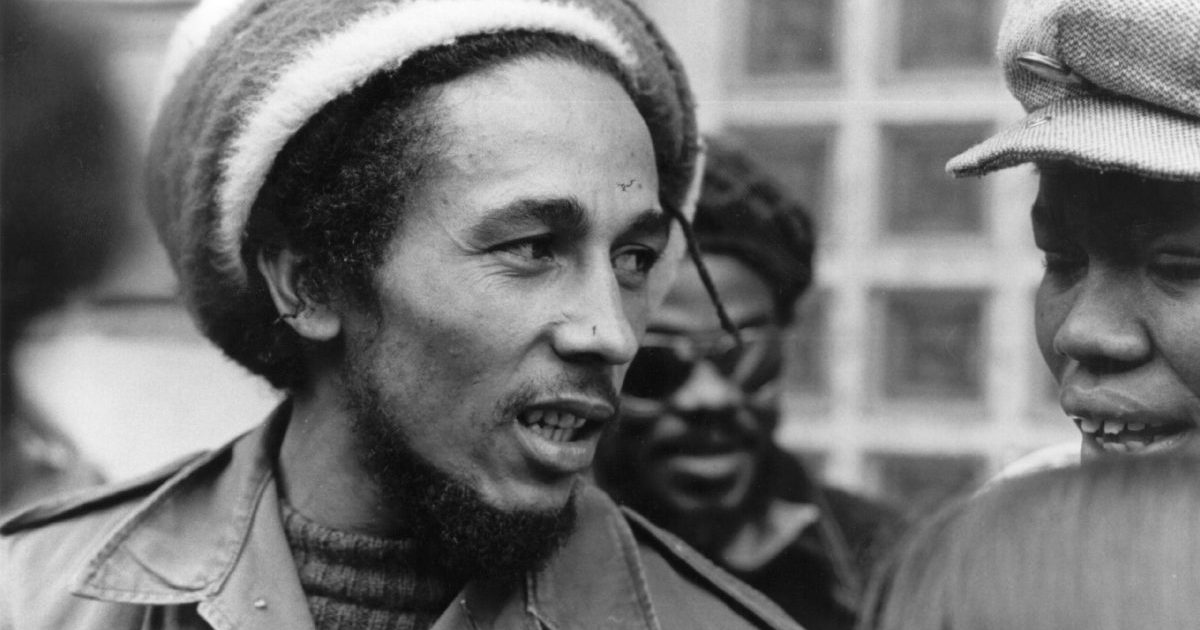
The patron saint of stoners everywhere, Bob Marley is widely credited for bringing reggae to a mainstream audience. Originally hailing from Jamaica, Marley ended up touring the world with his music, spreading messages of tolerance, peace and love. In July 1977, Marley was diagnosed with melanoma, a type of cancer, which started on his toe. Doctors advised the toe’s amputation, but Marley refused out of fear that it would hamper his ability to perform, opting instead for less extreme surgery. As a result, the cancer spread to his liver, lungs and brain. According to friends of Marley, he had throughout his life predicted that he would die at the same age as Jesus, and four years after his initial diagnosis he passed away at the age of 36, the same age Jesus is supposed to have been when he was crucified.
James Dean
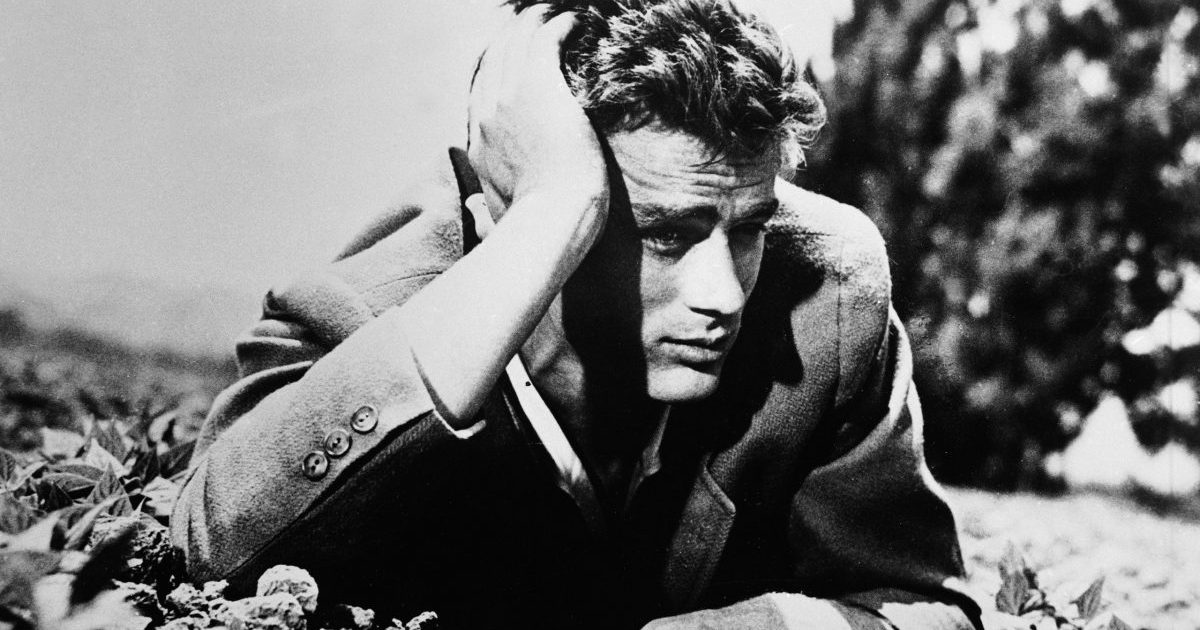
James Dean remains the foremost symbol of teenage disillusionment due to his wild lifestyle and disregard for social expectations, epitomised in the 1955 film Rebel Without A Cause. The actor was known for his reckless streak, which extended to a love for car racing. In an interview shortly before his death, Dean stated, “people say racing is dangerous, but I’ll take my chances on the track any day than on a highway”. The words proved to be an omen. Shortly after the release of Rebel Without A Cause, Dean was driving on the highway when he was involved in a catastrophic collision with a car coming the other way. After his death, Dean received an Academy Award nomination for his last film Giant, making him the first actor to be given this honour posthumously.
Jimi Hendrix
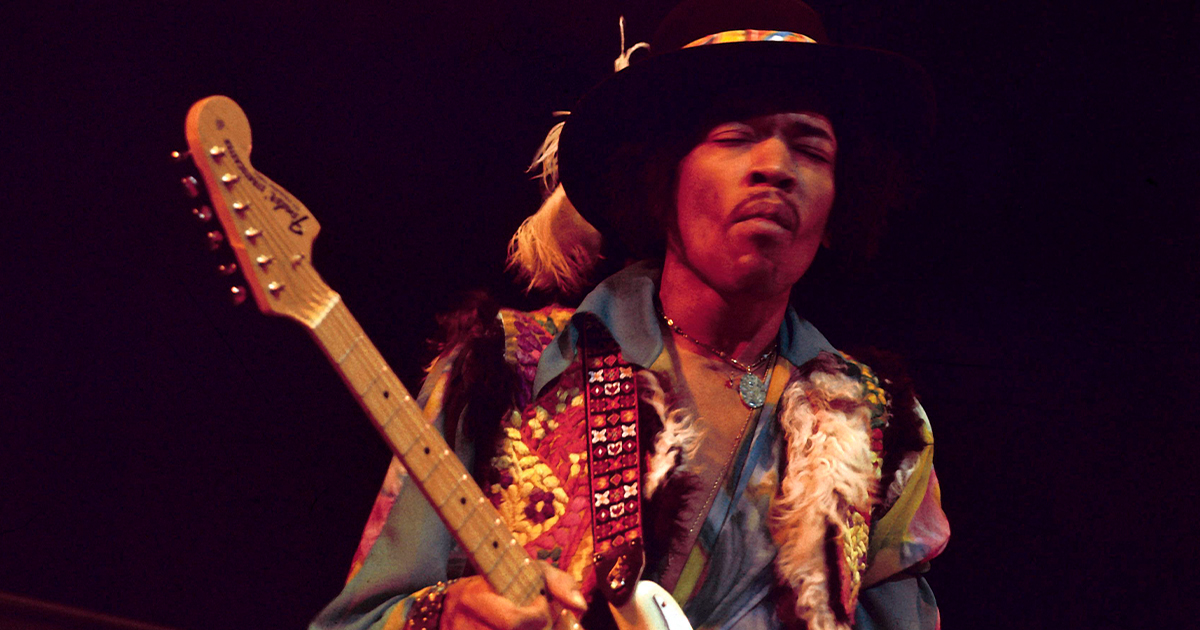
Often considered the greatest guitar hero of all time, Jimi Hendrix tragically choked on his own vomit whilst high on barbiturates in 1970, aged 27 (giving him the dubious honour of belonging to the ’27 Club,’ alongside many other musical legends who died at that age). It seems that a track written with fellow musician Curtis Knight predicted his death five years before it happened. In the collaboration, which was recorded in in 1965, Knight sang, “Five years, this he said/He’s not gone, he’s just dead”, which many have taken as a reference to Hendrix’s future demise.
Mark Twain
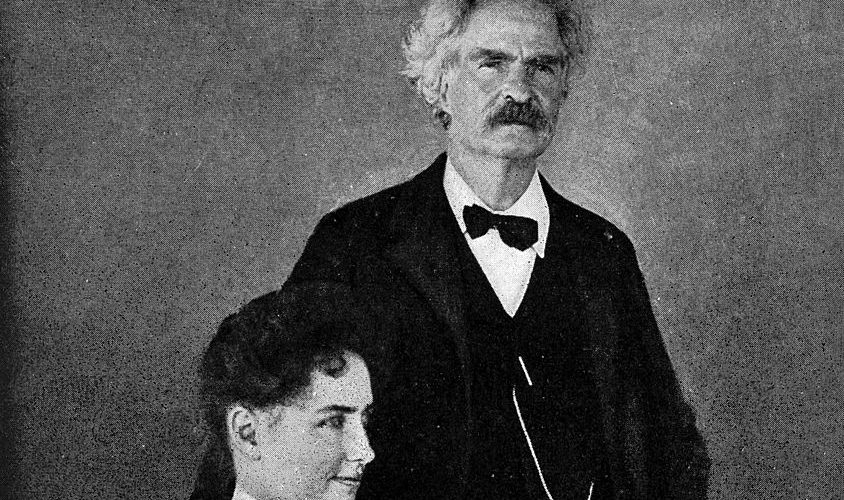
Mark Twain was an author, entrepreneur and lecturer, best known for penning The Adventures Of Tom Sawyer. He is considered one of the greatest American novelists and earned a lot of money from his writings, although he squandered most of it on questionable business ventures. Twain was born two weeks after Halley’s Comet streaked past Earth, an event which occurs every 75 years, and a year before his death he mused, “the Almighty has said, no doubt, ‘Now there are these two unaccountable freaks; they came in together, they must go out together.’” His prediction was stunningly accurate: On April 21, 1910, a day after the comet passed, Twain passed away.
Mikey Welsh
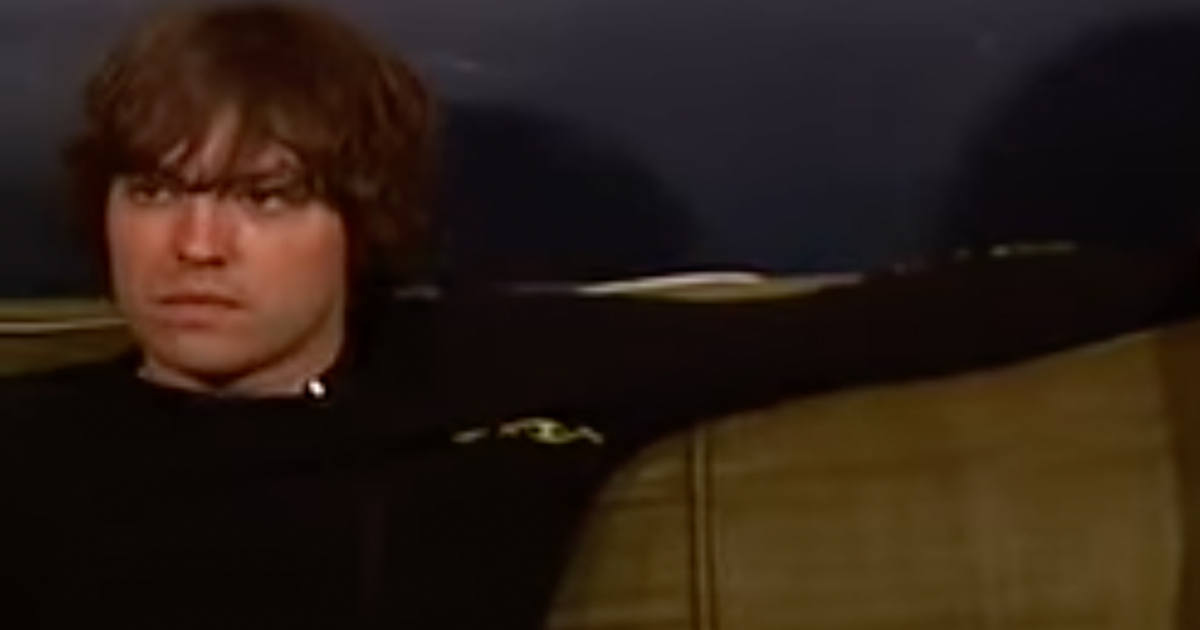
Weezer was formed in 1992, signing to Geffen Records a year later. Their first album, which was self-titled, went multiplatinum. Following the tour for their second album, Pinkerton, bassist Matt Sharp decided to leave the band and was replaced by Mikey Welsh, who provided the bass for Weezer’s third album. However, Walsh’s time with Weezer was short-lived, and he soon left the band due to health reasons, becoming a full time artist instead. On September 26, 2011, Welsh Tweeted that he’d dreamed that he would die in Chicago in one week’s time, and needed to write his will. One week later, the artist was discovered dead in his Chicago hotel room, with the cause of death given as an accidental heroin overdose.
Jim Morrison
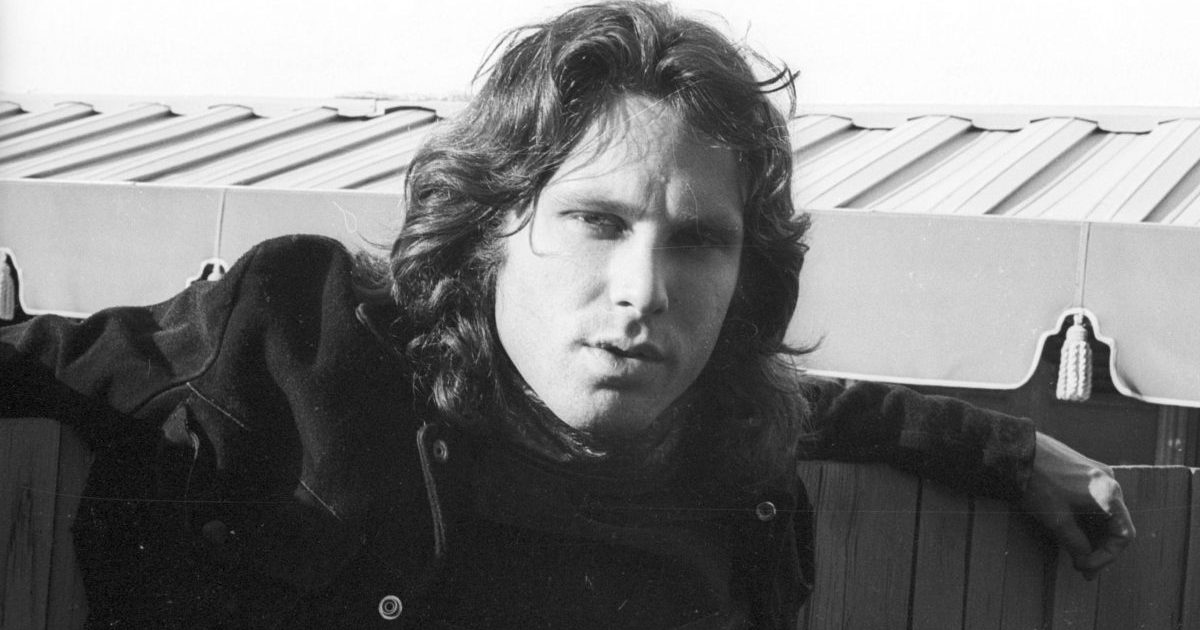
Jimi Hendrix is regarded as the first member of the 27 Club, but it wasn’t until the death of Janis Joplin, a close friend of The Doors’ frontman Jim Morrison, that the Club would become an established cultural phenomenon. Whilst drinking at an LA bar with some friends, the conversation turned to the newly named 27 Club, and Morrison announced, “you’re drinking with number three, that’s right, number three”. Nine months later, 27-year-old Morrison died of a heroin overdose, becoming the Club’s third member. (Brian Jones of The Rolling Stones might also be considered the first 27 Club member, dying at that age in 1969.)
Warren Zevon
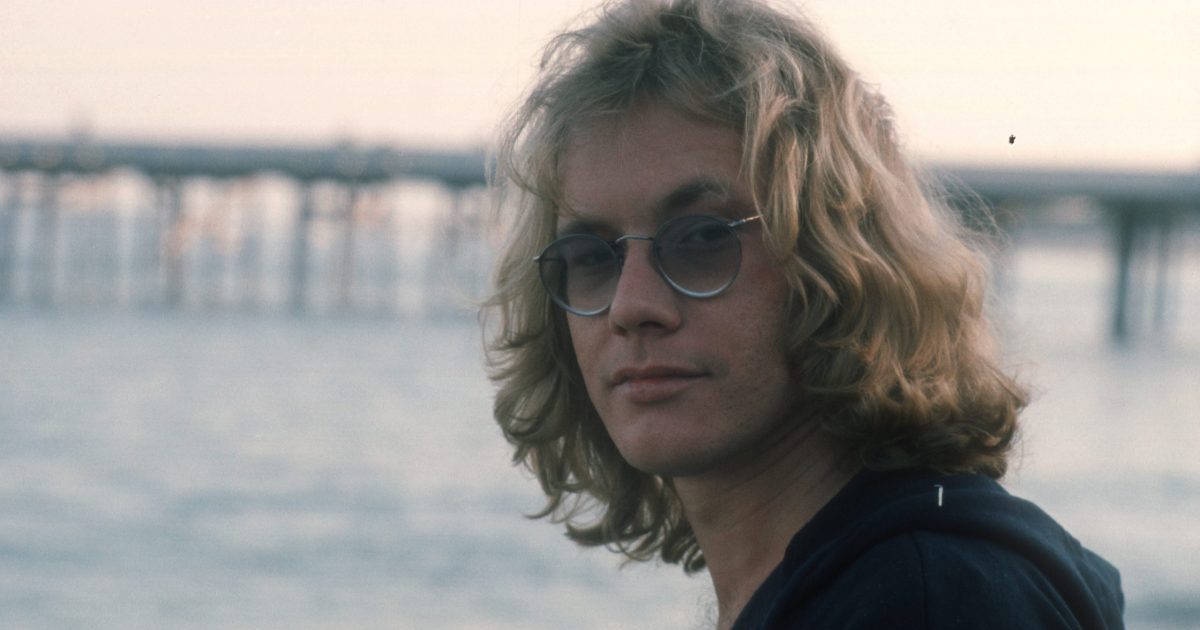
Warren Zevon was an American musician who achieved significant fame in the late 70s with songs like Werewolves Of London and Lawyers, Guns and Money. Zevon had a phobia of doctors, which prevented him from getting a persistent cough checked out. Eventually the musician sought medical advice and received the devastating diagnosing of mesothelioma, a rare form of lung cancer usually caused by long-term exposure to asbestos. Puzzlingly, Zevon had never worked in an environment where asbestos would be found. Adding to the weirdness, in his song The Factory, Zevon sung the lines “I’ve been working in the factory, kickin’ asbestos in the factory.”
Tupac Shakur
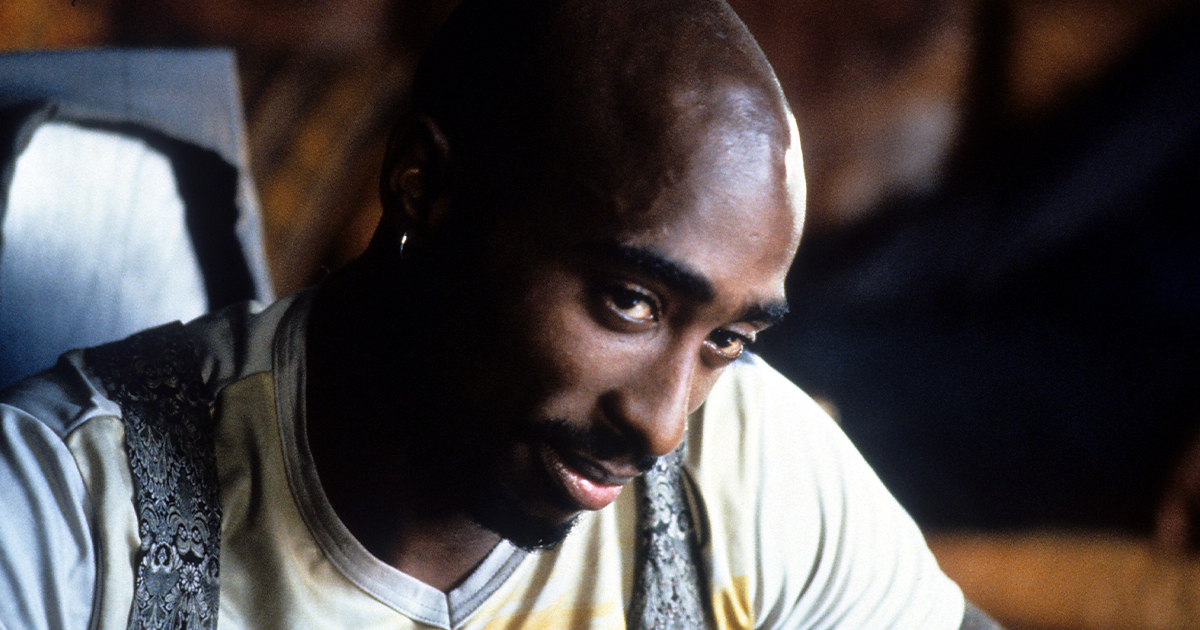
The iconic rapper and Black rights activist Tupac Shakur successfully predicted his own death not once, but twice. In a 1994 interview, Shakur was asked where he was likely to be in 15 years. His response of, “best case, in a cemetery”, was proved correct two years later, when he was fatally shot in a drive-by. His second prediction came in a guest verse on a Richie Rich track. The line in question, “I been shot and murdered, can tell you how it happened word for word”, was made even spookier by the fact that the song was released a few months after Shakur’s death, giving the impression that the rapper was communicating from beyond the grave.
Kurt Cobain
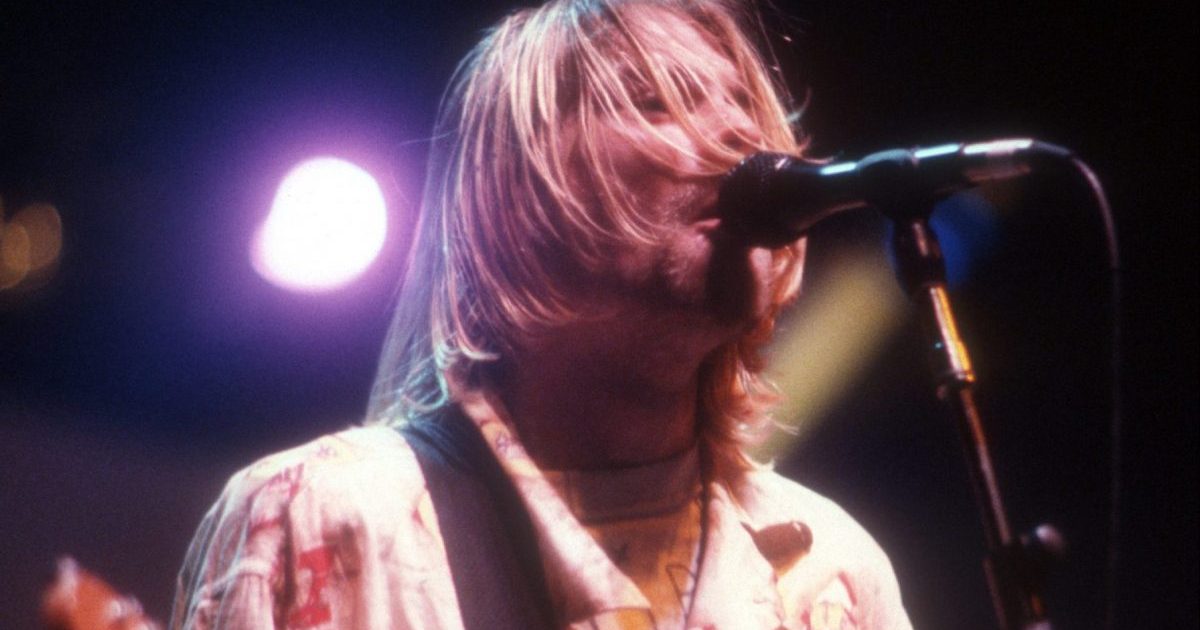
A counterculture icon and all-round tragic figure, Kurt Cobain is another famous musician who died at the peak of his fame. When he was 13, Cobain predicted that he would become a rich and famous rock star, and that he would “go out in a blaze of glory like Jimi Hendrix.” As he had prophesied, Cobain went on to achieve remarkable success as the frontman of the legendary band Nirvana, penning classics including Smells Like Teen Spirit and In Bloom. The musician struggled with his mental health throughout his life, and, on April 5, 1994, took his own life with a shotgun, joining his hero Hendrix in the 27 Club.
Arnold Schoenberg

The great Austrian-American composer Arnold Schoenberg is often considered one of the leading lights of the expressionist movement, which flourished in Europe at the start of the 20th century. As a result of his Jewish heritage, Schoenberg was targeted by the Nazi party and had to flee to America, where he continued composing. One of Schoenberg’s more unusual quirks was his severe phobia of the number 13 (known as triskaidekaphobia, which is a bit of a mouthful). The composer made sure that none of the names of his compositions contained 13 letters, and dreaded his 76th birthday, as seven and six add up to 13. He did indeed pass away aged 76 – on Friday the 13th of July, 1951.
Big L
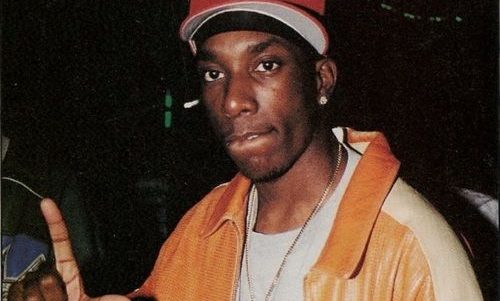
Big L remains one of the most beloved rappers amongst die-hard hip hop fans. The artist, who was responsible for bringing Jay-Z into the scene, was renowned for his virtuosic lyrical talent and the incredibly dark subject matter he rapped about. Despite a bright future in music, Big L kept one foot in the criminal underworld, and his lyrics often dealt with the harsh realities of gang life. In his track Casualties Of A Dice Game, Big L delivered the line, “now I can hear the sirens, that means here comes the Jakes, but it’s too late, I’m knockin’ on the pearly gates”. Shortly after the songs release, Big L was fatally shot by a rival gang member. He was 24 years old at the time of his death.
Abraham de Moivre
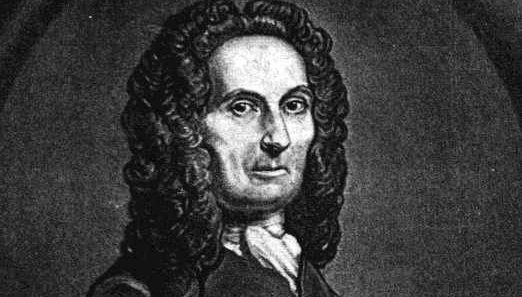
French mathematician Abraham de Moivre used his calculative abilities to work out the exact day of his demise. Towards the end of his life, Moivre found himself suffering from lethargy and developed somnolence, a condition characterised by an extremely strong urge to sleep. Moivre was a big fan of collecting data, and began taking careful measurements of how long he was sleeping. He discovered that, as his somnolence worsened, he was sleeping for an extra 15 minutes a day. The mathematician reasoned that the logical conclusion of this trend was that he would eventually sleep for an entire day, and that this would be the day he died. He calculated the fateful date to be November 27, 1754, and he was spot on.
Lisa ‘Left Eye’ Lopes
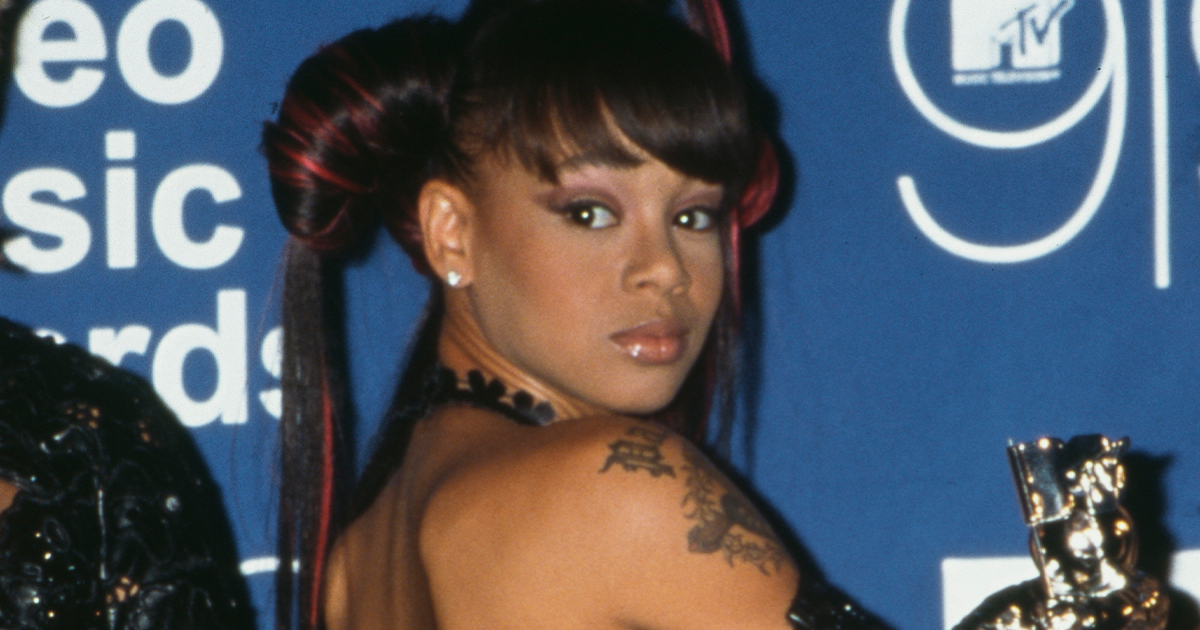
Lisa Nicole Lopes, known by her stage name Left Eye, was an American rapper and a member of the R&B group TLC. After releasing four multi-platinum selling albums and winning four Grammy Awards, Lopes went solo and seemed poised for similar success. In April 2002, Lopez was a passenger in a car accident that killed a ten-year-old boy. After the crash, the rapper told friends she believed she was supposed to have died, and that the spirit of death was now after her. Two weeks later, whilst in Honduras, Lopez was involved in another traffic collision and was flung from her car into a ditch, dying instantly on impact.
Proof
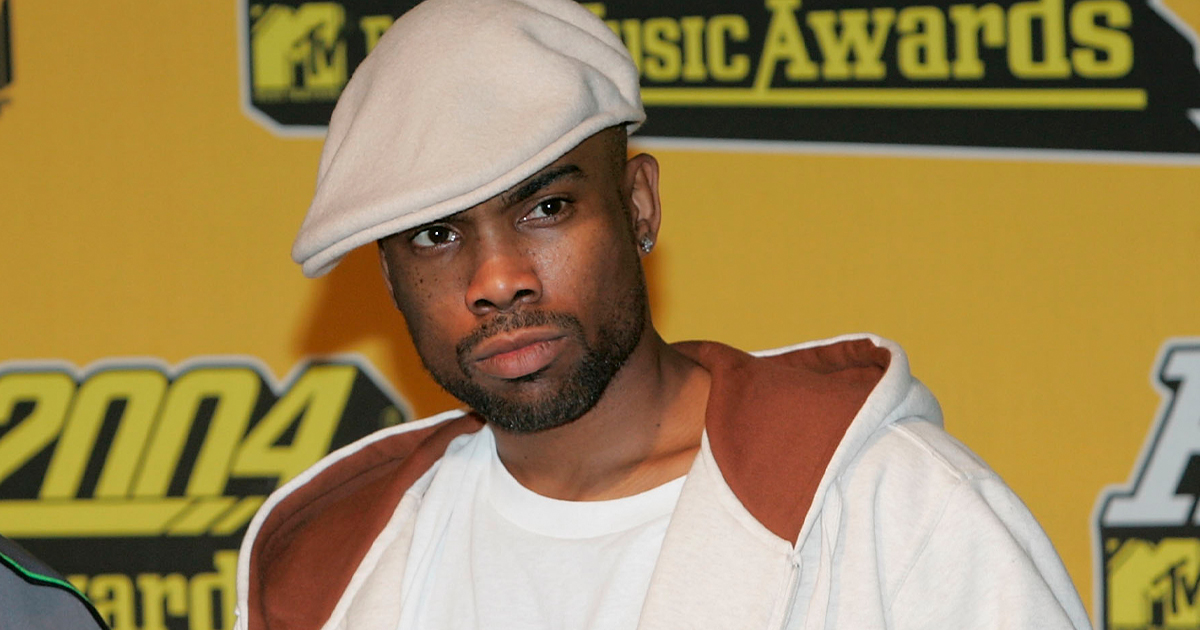
One of the founding members of rap-group D12, Proof will forever be owed a debt by the hip-hop community for developing the talent of his best friend Eminem. An incredibly talented rapper in his own right, Proof seemingly predicted the circumstances of his own death in a song entitled 40 oz. In the track, Proof rapped “I’m in the club to beef, you gotta murder me there.” On April 11, 2006, Proof was shot three times after a dispute in the CCC Club on 8 Mile Road, Detroit. His murder caused Eminem to spiral into depression and substance abuse, and the rapper would process the death of his best friend in the song You’re Never Over.
Ronnie Van Zant
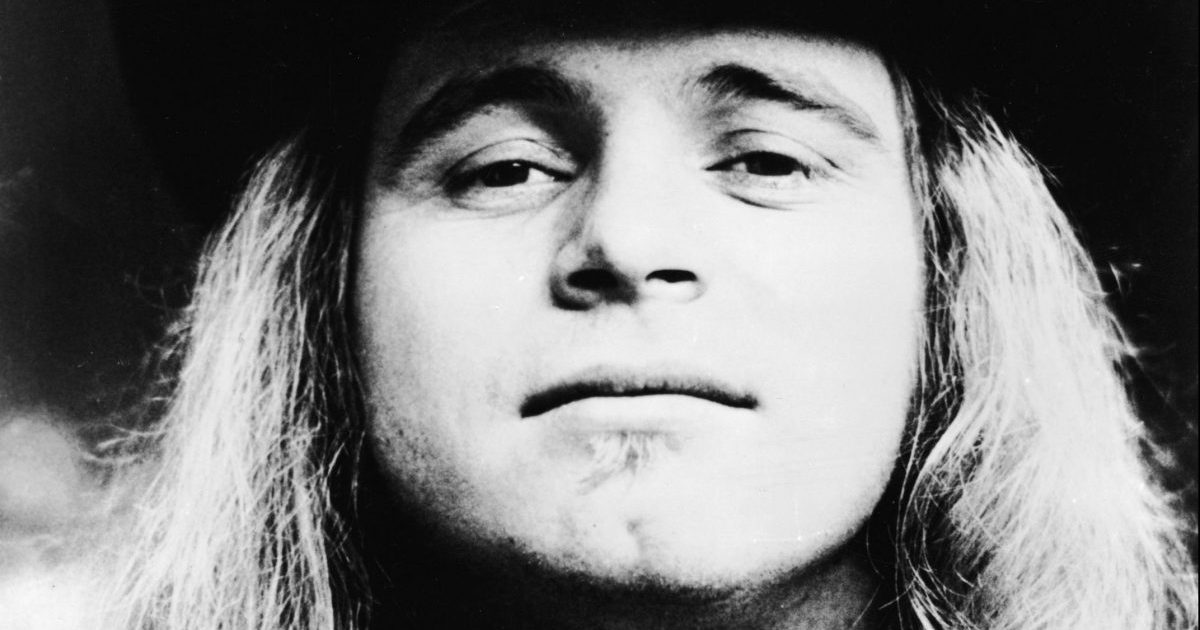
Ronnie Van Zant was an American singer, best known as the songwriter and frontman of legendary band Lynyrd Skynyrd. In 1977, Zant penned a song titled That Smell which predicted the death of Gary Rossington, the band’s guitarist, whose substance abuse had led to some near-death experiences. The song did in fact correctly predict a death, but it wasn’t Rossington’s. Three days after the song was released on Lynyrd Skynyrd’s album, a charter plane that Zant was flying on went down soon after takeoff, and the singer died from head injuries after the aircraft collided with a tree. The record company desperately scrambled to pull the album, as the artwork depicted the band engulfed in flames.
Oliver Reed
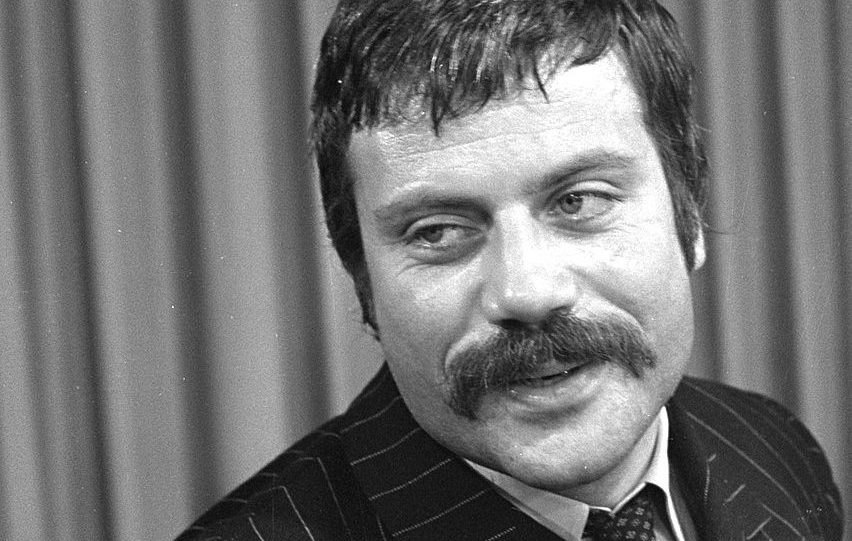
In 1993, Oliver Reed, a British actor known for his masculine persona and party lifestyle, appeared on an episode of The Obituary Show, a comedy show in which still-living celebrities played themselves in the afterlife and recounted the circumstances of their death. Describing his fictional demise, Reed stated that he had suffered a heart attack during a competition at a bar, and had died “full of laughter.” Six years later (during production on his last film, Gladiator), the actor was in the middle of a drinking game in an Irish pub when he went into cardiac arrest, dying shortly after. Whilst reports of his death didn’t confirm whether or not he had died “full of laughter,” given the setting it seems probable that he did.
Jeff Buckley

Jeff Buckley, the American singer best known for his cover of Leonard Cohen’s Hallelujah, died on the evening of May 29, 1997. The musician was swimming under the moonlight in Wolf River Harbor when a tugboat sailed past, creating a wake which sucked Buckley underwater. Despite intense efforts by emergency services, Buckley’s body wasn’t found until the next day. Eerily, Buckley’s song Dream Brother (the last song on his one completed album, Grace) ends with the portentous line, “asleep in the sand, with the ocean washing over.”
Sam Cooke
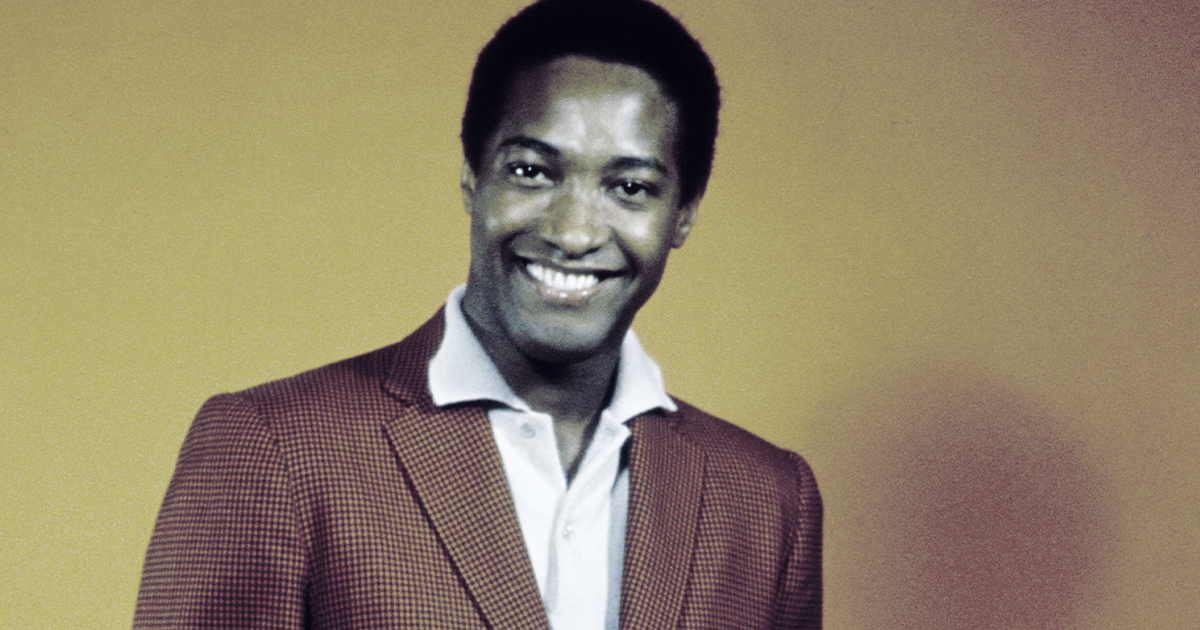
Hailed as one of the most influential soul artists of all time, Sam Cooke’s untimely demise in 1964 was predicted with eery specificity in one of his hit songs. The song in question, Frankie and Johnnie, tells the story of a murder in which the victim is shot three times by a woman named Frankie before falling dead on the floor. The song cracked the top 40, and a year after its release The King Of Soul was shot three times by a hotel manager named Bertha Franklin. The killing ended up being ruled as self defence, and Franklin was acquitted, although she was relentlessly harassed by furious fans of Cooke.
Ernest Hemingway
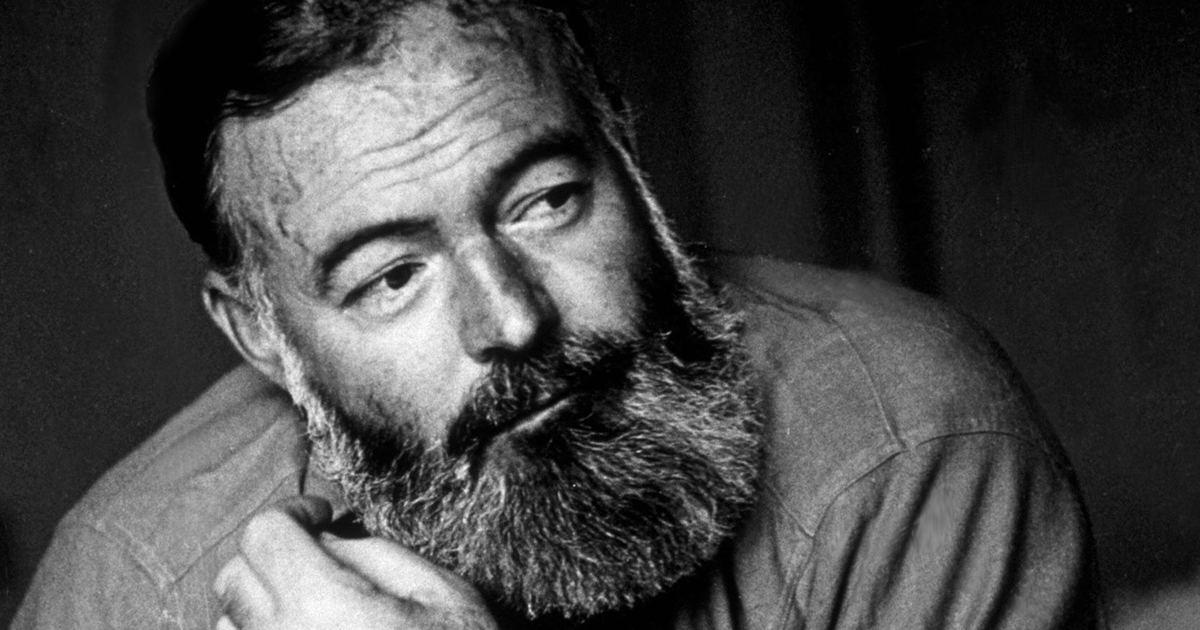
The great American writer Ernest Hemingway took his own life on July 2, 1961. 33 years earlier his own father had committed suicide, leading Hemingway to write, “I’ll probably go the same way.” In his later years, Hemingway’s health began declining, and he was struggling with depression. The writer tried various treatments, including electroconvulsive-therapy and medication, but to not avail. In the end, Hemingway shot himself with his favourite shotgun, fulfilling the prophecy he had written decades before.
James Hellwig (AKA The Ultimate Warrior)
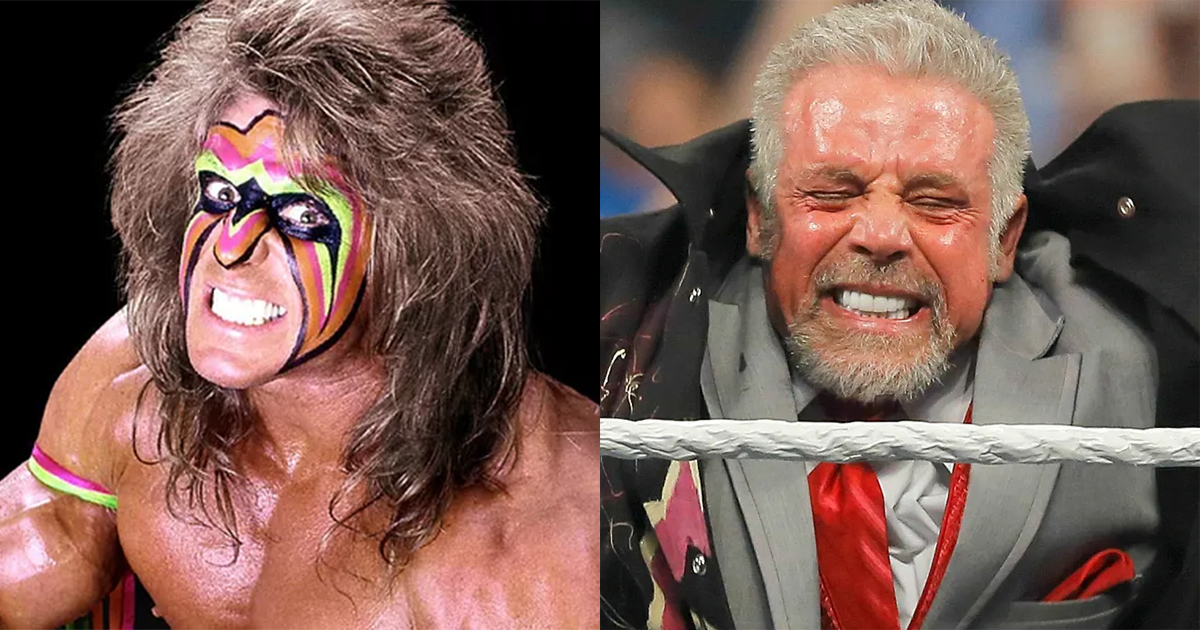
James Hellwig, known by his ring name The Ultimate Warrior (although he legally changed his name to Warrior), was one of the most popular wrestlers of the 1980s, performing with WWE and WCW. In 2014, years after his retirement, the WWE inducted Warrior into the Hall Of Fame. In a bizarre acceptance speech, Hellwig pronounced, “every man’s heart beats its final beat”, but added “the Spirit of the Ultimate Warrior will run forever.” In what seemed an eerie case of tempting fate, Warrior died just three days later from a heart attack.
The Notorious B.I.G.
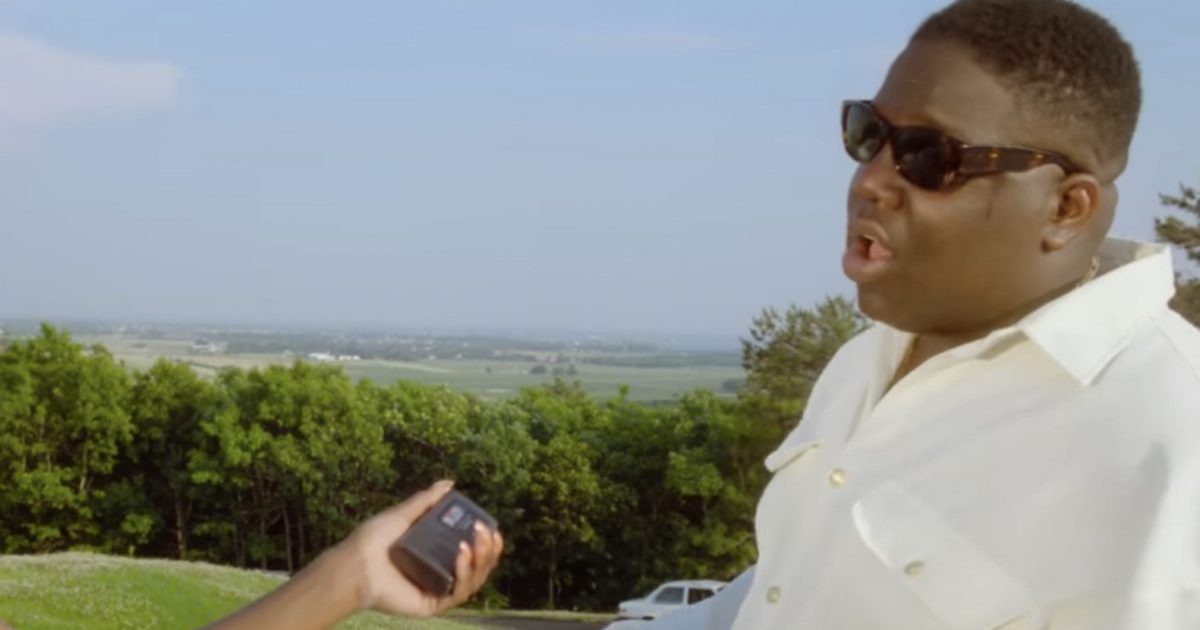
The murder of legendary rapper The Notorious B.I.G., also known as Biggie Smalls, remains unsolved to this day. Smalls (born Christopher George Latore Wallace) grew up in Brooklyn, surrounded by gang violence, and many of his lyrics confronted the theme of death. One lyric in particular, from his track Suicidal Thoughts, has been taken by some as proof that Smalls predicted his impending doom: Smalls rapped that “death was calling” him, and three weeks after its release he was fatally shot. To make matters spookier, Smalls’ last album, released three months before his murder, was entitled Life After Death.
John Lennon
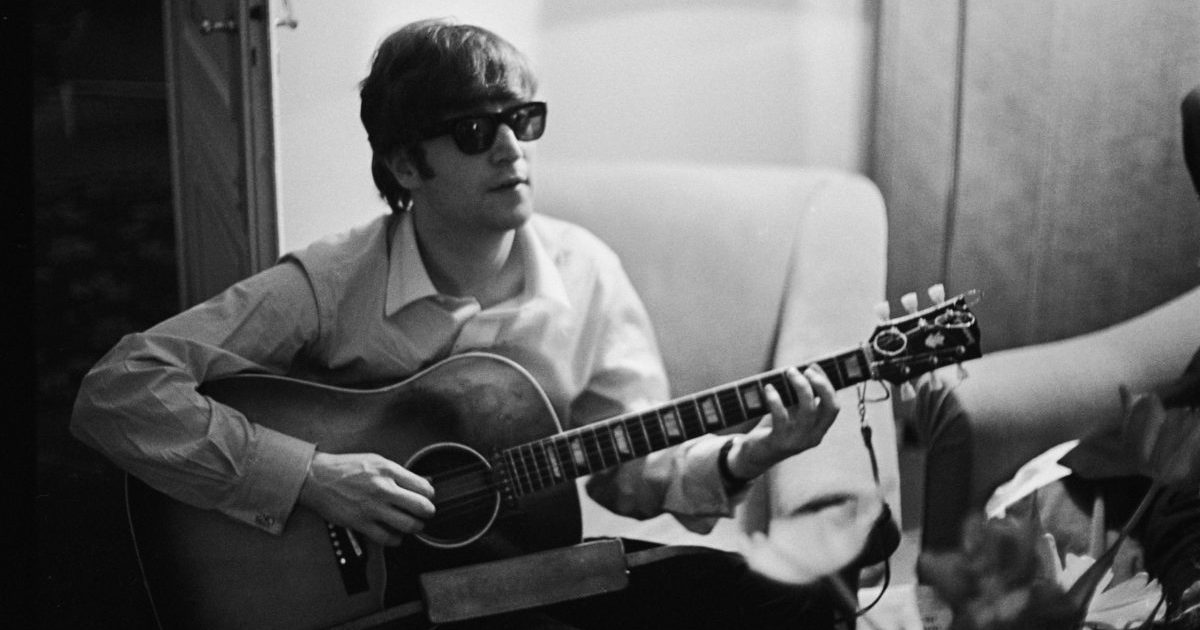
Musician and peace advocate John Lennon went through a near death experience when his yacht was caught in a severe storm en route to Bermuda, leading to such violent waves that the entire crew was rendered incapable of functioning due to seasickness. The Beatles’ frontman ended up piloting the boat himself, successfully guiding the vessel to safety. The incident prompted Lennon to reflect on his own mortality, and he penned the line, “living on borrowed time, without a thought for tomorrow,” in his song Borrowed Time. The track was released in 1980, six months before Lennon was gunned down outside The Dakota, his New York residence, by Mark David Chapman.
Jackie Wilson
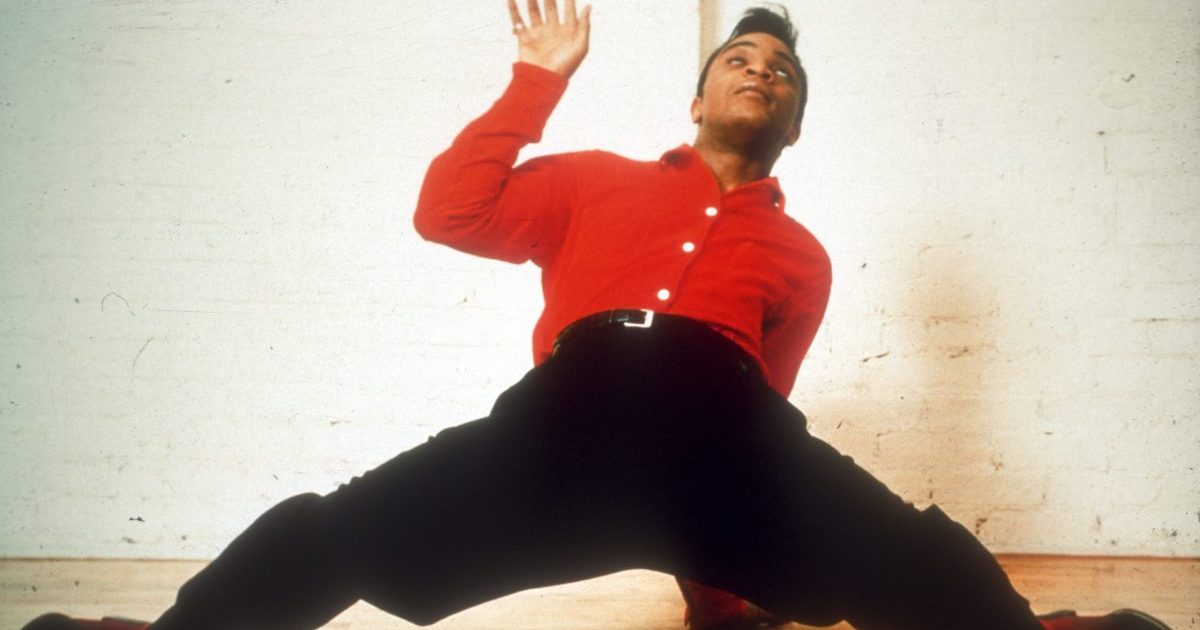
Jackie Wilson was a soul singer famed for his mesmerising stage presence and showmanship, earning him the nickname Mr. Excitement. Throughout the course of his career, the singer would release over 50 chart singles, making him one of the most prolific soul musicians to ever live. On September 25, 1975, Wilson was performing his signature song Lonely Teardrops, and as he was singing the line “my lonely heart is crying,” Wilson suddenly clutched at his chest, toppled over, and collapsed. He fell into a pneumonia-related coma, and would remain in that unconscious state for eight whole years before passing away in January 1984.
Dolla
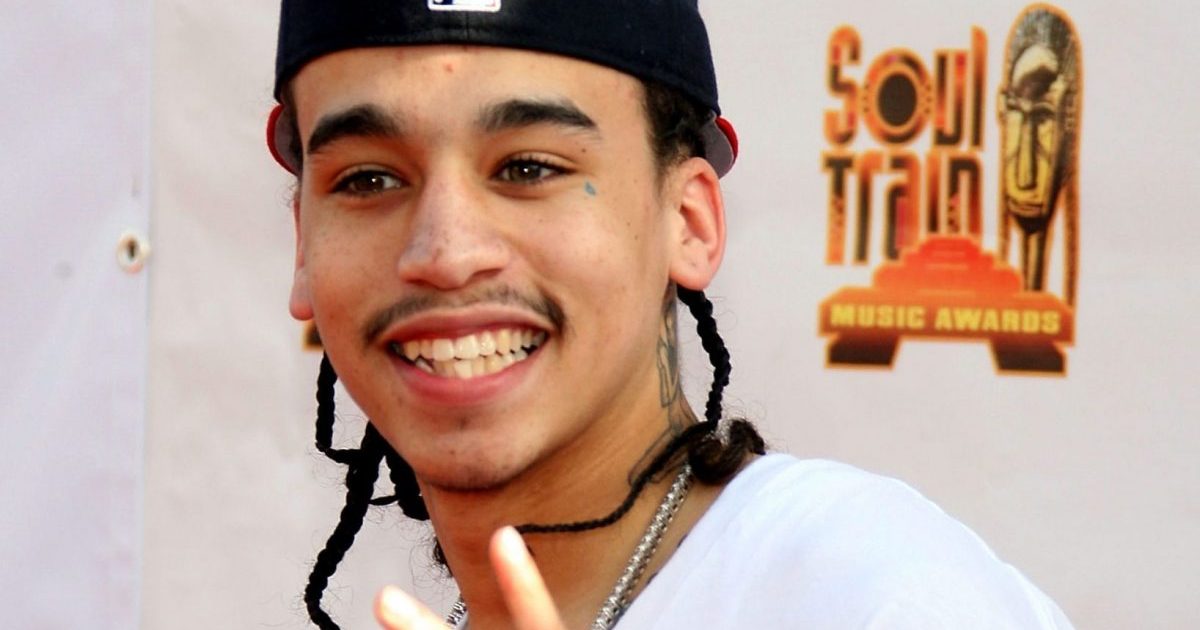
One of hip-hop’s brightest emerging talents, Dolla’s burgeoning career was tragically cut short when he was shot to death at the age of 21. Dolla seemingly predicted his demise on a track titled Georgia Nights, which was set to feature on his then-unreleased debut album. In the track, Dolla rapped, “waking up in cold sweats having dreams of going out with a bang, my poppa died by the gun; I’ll die by the gun”. Shortly after penning the lyric, the musician was gunned down outside a shopping mall, and his murder remains unsolved.
Aaliyah
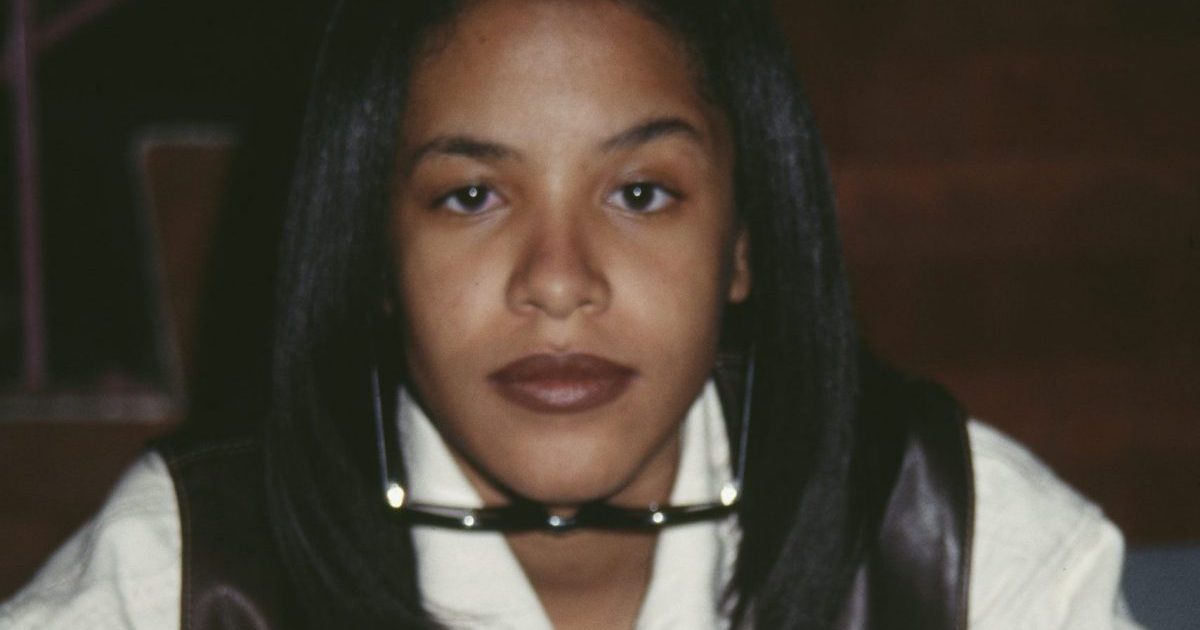
Aaliyah Haughton – often referred to as ‘The Princess Of R&B’ – was at the pinnacle of success when she passed away in a tragic accident. On August 25, 2001, Aaliyah – who was in the Bahamas – boarded a light aircraft bound for Florida. The pilot tried to fit too many people into the plane, overloading it, and it crashed just after takeoff, killing everyone on board. A month prior to the crash, Aaliyah had given an interview to a magazine in which she spoke of a recurring dream she had been having. According to the singer, the dream involved “darkness”, “fear”, and the sensation of “liftoff”, followed by “swimming in the air”.
Paul Walker
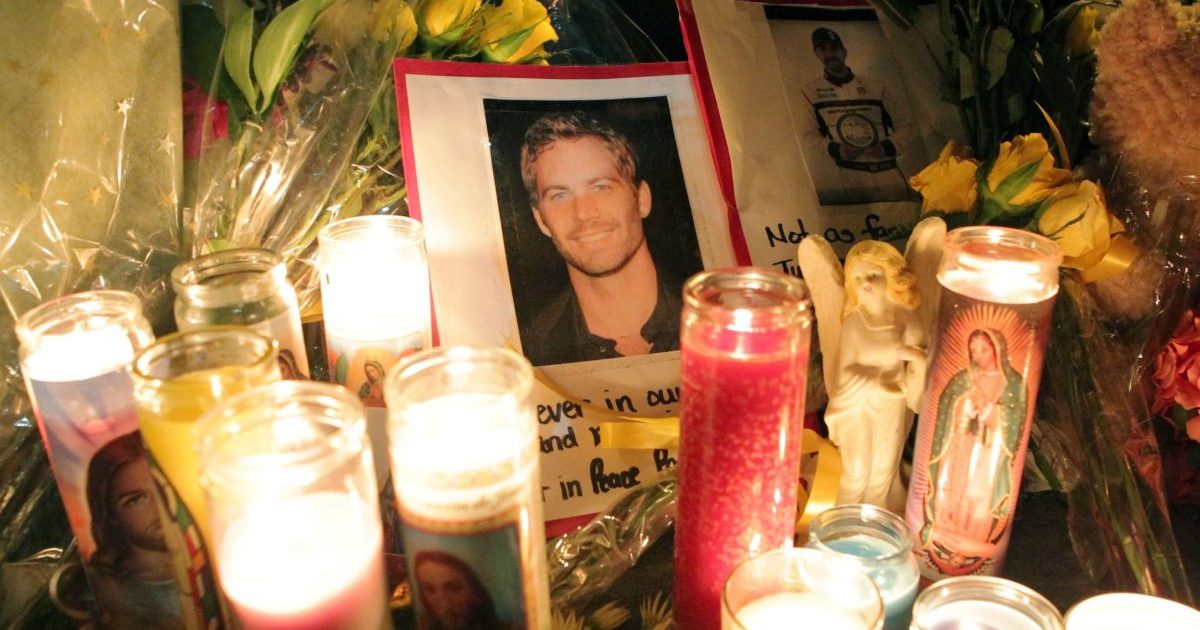
On November 30, 2013, Fast & Furious star Paul Walker left a charity event in his friend George Rodas’ Porsche Carrera GT. Whilst speeding through Santa Clarita, Rodas lost control of the car and hit a concrete lamppost, killing both men. Three days before the fatal accident, a scene from Fast & Furious 7 – which Walker was working on at the time of his death – leaked onto YouTube. In the scene, one of the characters utters the line “please, no more funerals”, to which Walker’s character replies “just one more.”
XXXTentacion
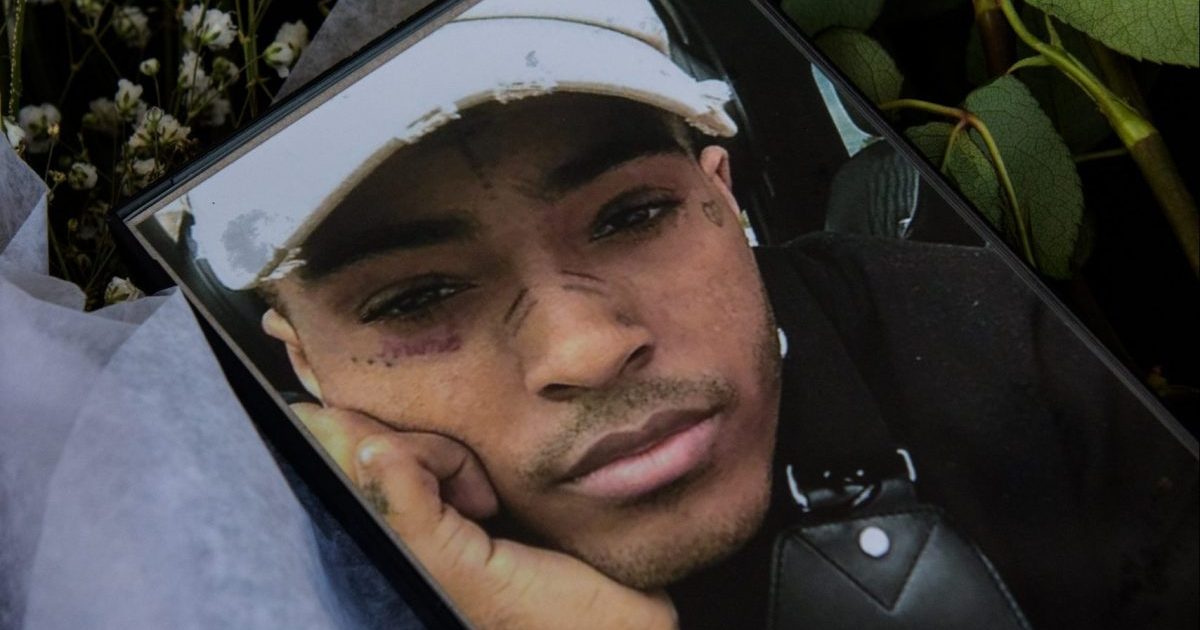
XXXTentacion – commonly referred to as ‘X’ – was a pioneer of ’emo-rap’, which swapped out the traditional bravado of hip-hop for lyrics dealing with themes of depression and alienation. During his short career, the rapper amassed a legion of dedicated fans, and there was a widespread outpouring of grief when he was fatally shot during a robbery. A few months before his murder, Tentacion went live on Instagram and spoke at length about his own death, which he described as a “sacrifice”. He expressed his desire for his message to outlive him, and hoped that he could inspire his young listeners to make something of their lives.
Bob Fosse
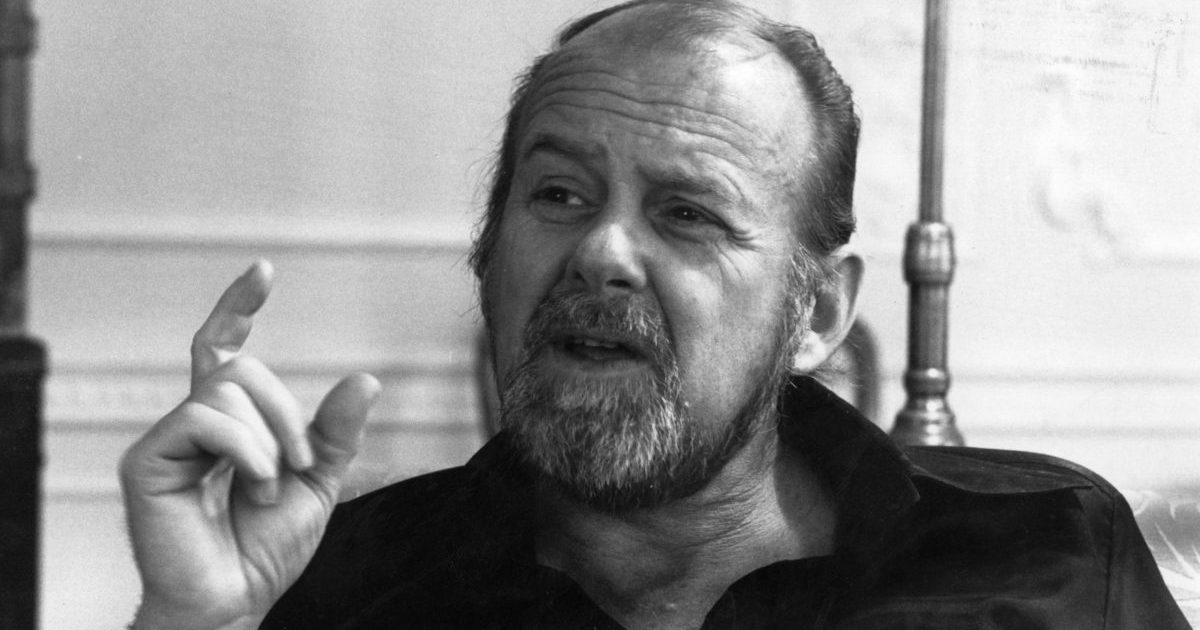
When Bob Fosse wrote All That Jazz, he clearly modelled Joe Gideon – the film’s chain-smoking, heavy-drinking, workaholic protagonist – on himself. The movie is generally considered to be autobiographical, which makes watching Gideon sacrifice his health for his career all the more uncomfortable. A review of All That Jazz in The New York Times went as far as to state, “it’s a little bit as if Mr. Fosse had invited us to attend his funeral.” In the film, Gideon eventually succumbs to a string of heart attacks as a result of his hard-living lifestyle, and this is exactly the manner in which Fosse ended going out as well.
Amy Winehouse

Amy Winehouse’s throaty, contralto vocal delivery was instantly recognisable, and the singer was one of the most striking talents of the 21st century. Her untimely death at the age of 27, the result of alcoholism combined with bulimia, was tragically predictable to many, as Winehouse’s condition visibly deteriorated in the last weeks of her life. However, it seems that long before anyone else saw the writing on the wall, the singer had an intuition about her fate. After her death, her stylist and longtime friend Alex Foden revealed that Winehouse had frequently mentioned the 27 Club throughout her life, and predicted that she would become a member.
John Denver
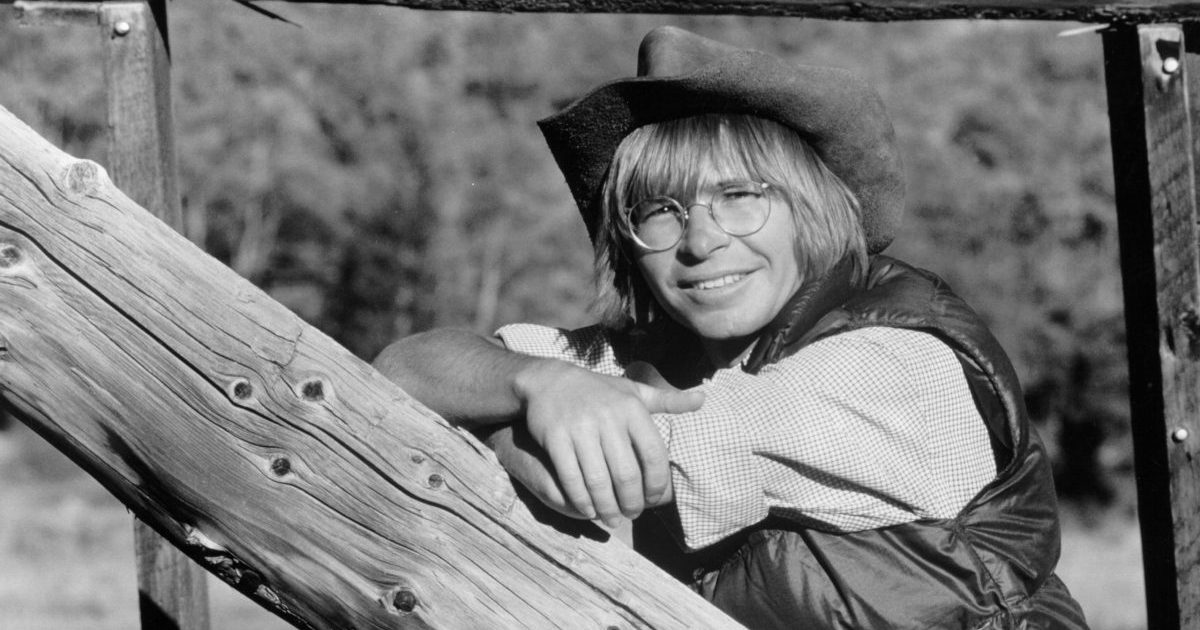
John Denver was a singer-songwriter, actor, and human rights activist. He was also an aviation enthusiast with a passion for modifying and flying aircraft. One of Denver’s most well-known song, ‘Leaving On A Jet Plane’, featured the lyrics “’cause I’m leavin’, on a jet plane, don’t know when I’ll be back again” – words that would prove to be prophetic. On October 12, 1987, Denver crashed into Monterey Bay whilst trying to land his homemade aircraft at a nearby airport, resulting in fatal injuries.
Florence Griffith Joyner
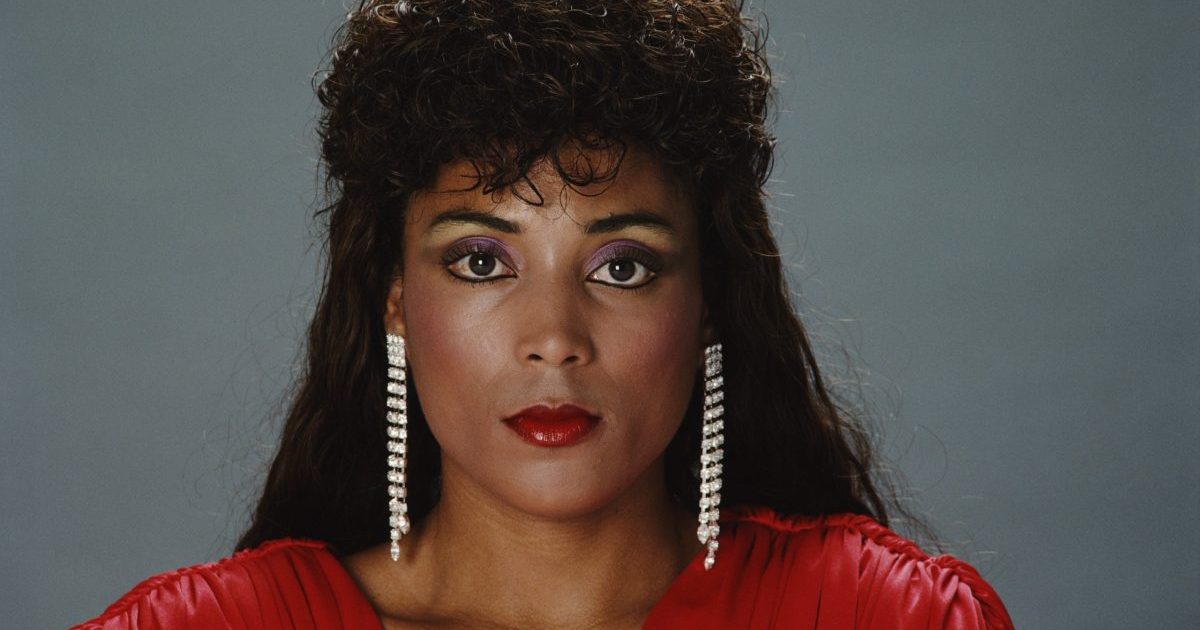
Florence Griffith Joyner – often referred to as Flo-Jo in the media – was an American track and field athlete who set world records in both the 100m and 200m sprints. Those close to her knew Joyner as something of a clairvoyant, and she reportedly often had dreams of future events. In the months leading up her death, the athlete began writing letters to her children, which she stipulated could only be opened after her death, and instructed her husband to remarry if she passed away. On September 21, 1998, Joyner suffered a seizure in her sleep and died at the age of 38.
John Candy
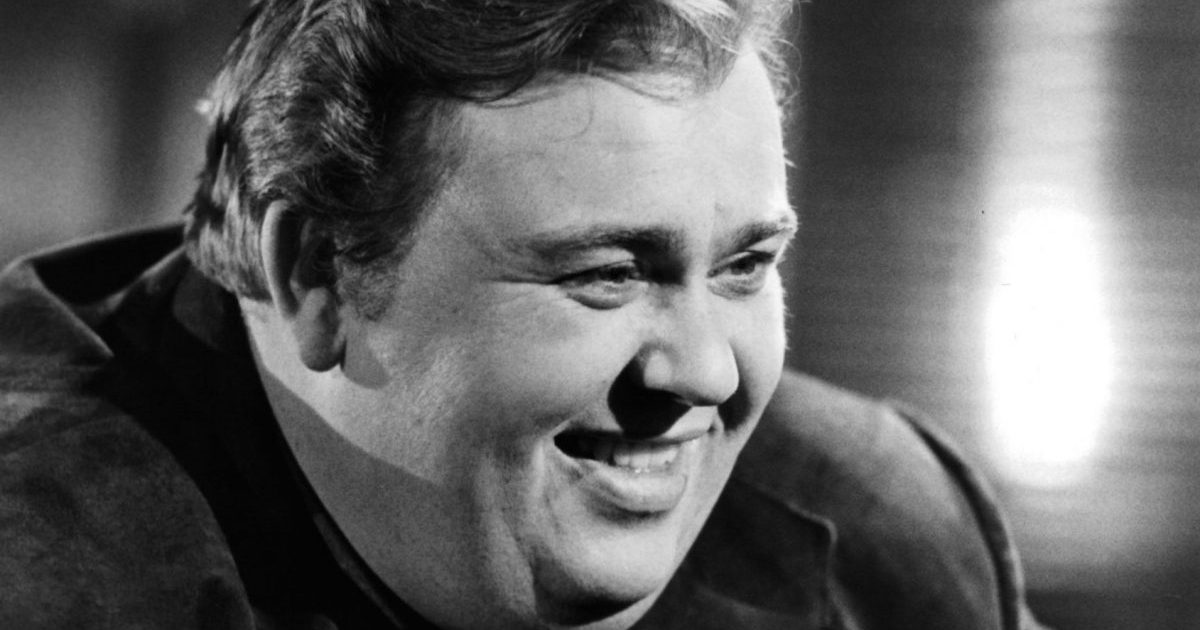
It feels like it’s easier to count the comedy films from the 80s and 90s that John Candy wasn’t in. The funnyman popped up in just about everything, with roles in Space Balls, Home Alone, Cool Runnings and many, many more. As is often the case with comedians, Candy used humour to hide his demons, and he was known to struggle with addiction. In 1994, the actor travelled to Mexico to work on what would prove to be his final film. Before he left, he confided in fellow comedy superstar Catherine O’Hara that he had a feeling “something bad” was going to happen in Mexico. On March 4, 1994, after shooting had wrapped up for the day, Candy returned to his hotel room and passed away from a heart attack.
Jack Trice
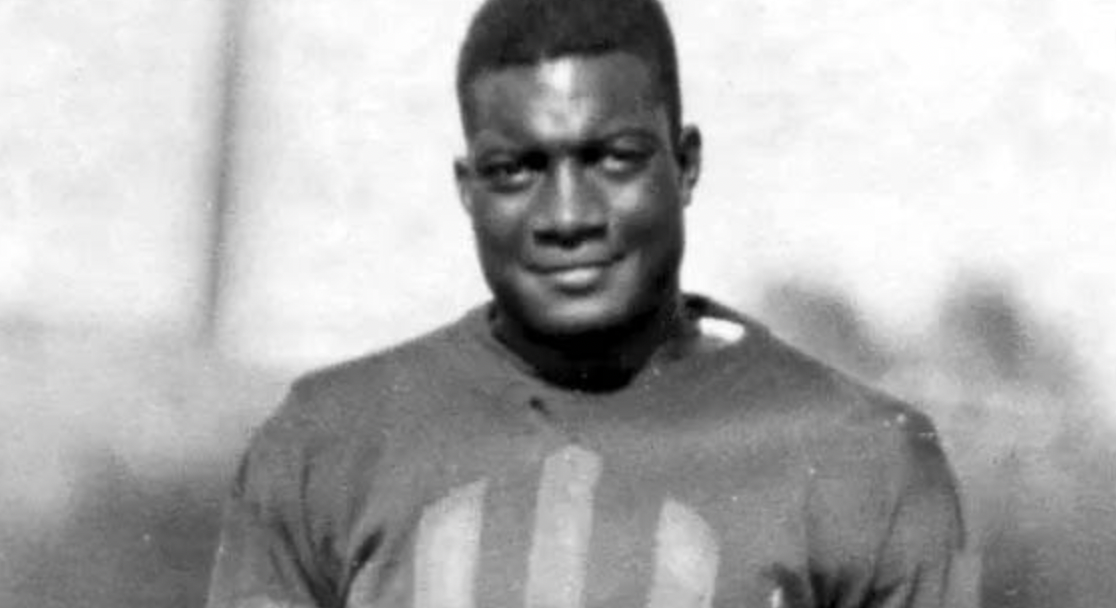
The first Black football player to play for Iowa State, Jack Trice seemingly predicted the circumstances of his own death. On October 5, 1923, Trice penned a letter the day before one of his games, which was addressed to no one but included the line “my whole body and soul are to be thrown recklessly about on the field tomorrow”. The game turned out to be exceptionally violent and Trice sustained severe injuries, passing away in hospital two days letter. There has been much speculation that he was deliberately targeted by the opposing team because of his race.
Carrie Fisher

Carrie Fisher – whose portrayal of Princess Leia Organa in the Star Wars franchise will forever remain one of the most legendary performances in sci-fi cinema – predicted the date of her death in dark and surprisingly accurate fashion. After the actress passed, James Blunt revealed that he had stayed with her several months before her death. Fisher was known for her morbid sense of humour, and – whilst Blunt was sleeping – placed a cardboard cutout of herself outside his bedroom with her date of birth and a seemingly random date of death written on the forehead. Whilst she didn’t get it quite right, Blunt later recounted that it was stunningly close.
Rowdy Roddy Piper

Rowdy Roddy Piper was a wrestler who performed in the WWE. In 2003, Piper made an appearance on an episode of Real Sports with Bryant Gumbel, in which he discussed the fact that a large number of wrestlers seem to die young, as well as his return to the ring. During the episode, whilst talking about pensions, the wrestler stated “let’s face it, I’m not gonna make it to 65”. He was right. Piper died at the age of 61, shortly after leaving Hulk Hogan a voicemail informing him that he had “seen the light” and was “walking with Jesus”.
Mac Miller
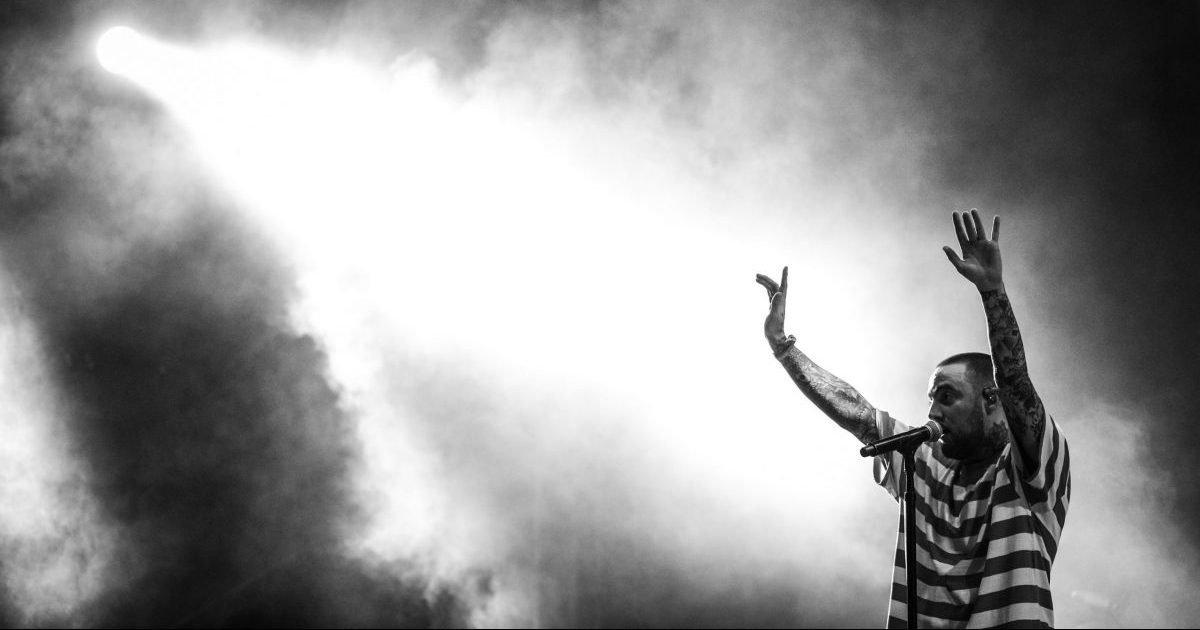
Rapper and producer Mac Miller wasn’t one to shy away from discussing his struggles with substance abuse, and it’s unlikely that he was the only one who predicted his untimely demise. The final music video ever shot by Miller was for the single ‘Self Care’ and it featured the musician lying dead in a casket. Even more eerily, earlier in the video there is a shot of Miller etching the phrase ‘memento mori’ – “remember that you have to die” – into the casket. Shortly after filming the video, the rapper tragically passed away in his music studio after taking pills he didn’t know were laced with fentanyl.
Eamon McEneaney
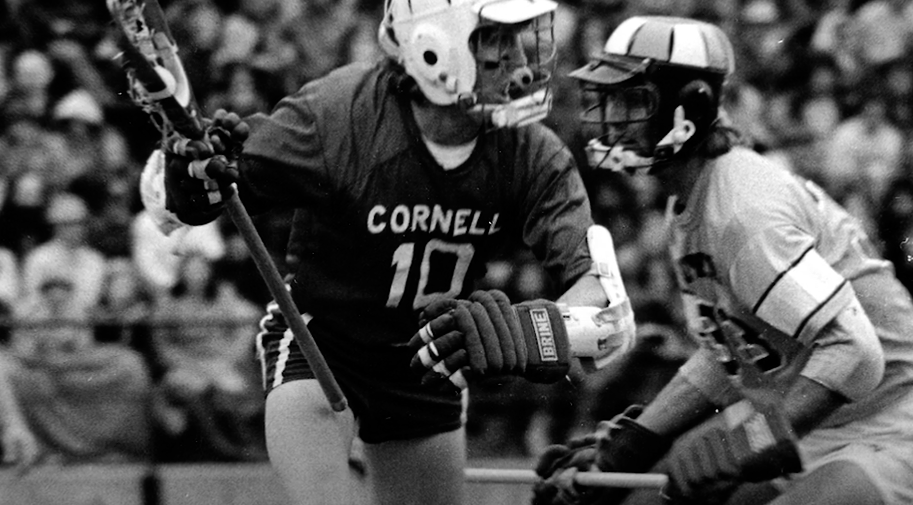
Lacrosse star Eamon McEneaney tragically lost his life during the September 11 terrorist attack on the World Trade Centre, and according to his wife he may have known it was coming. Bonnie McEneaney recounted after the athlete’s death how, the day before the attack, her husband had randomly started talking about what he’d do in the event of a terrorist attack, and then told her that she’d need to be stricter with their children after he was gone.
Merle Haggard
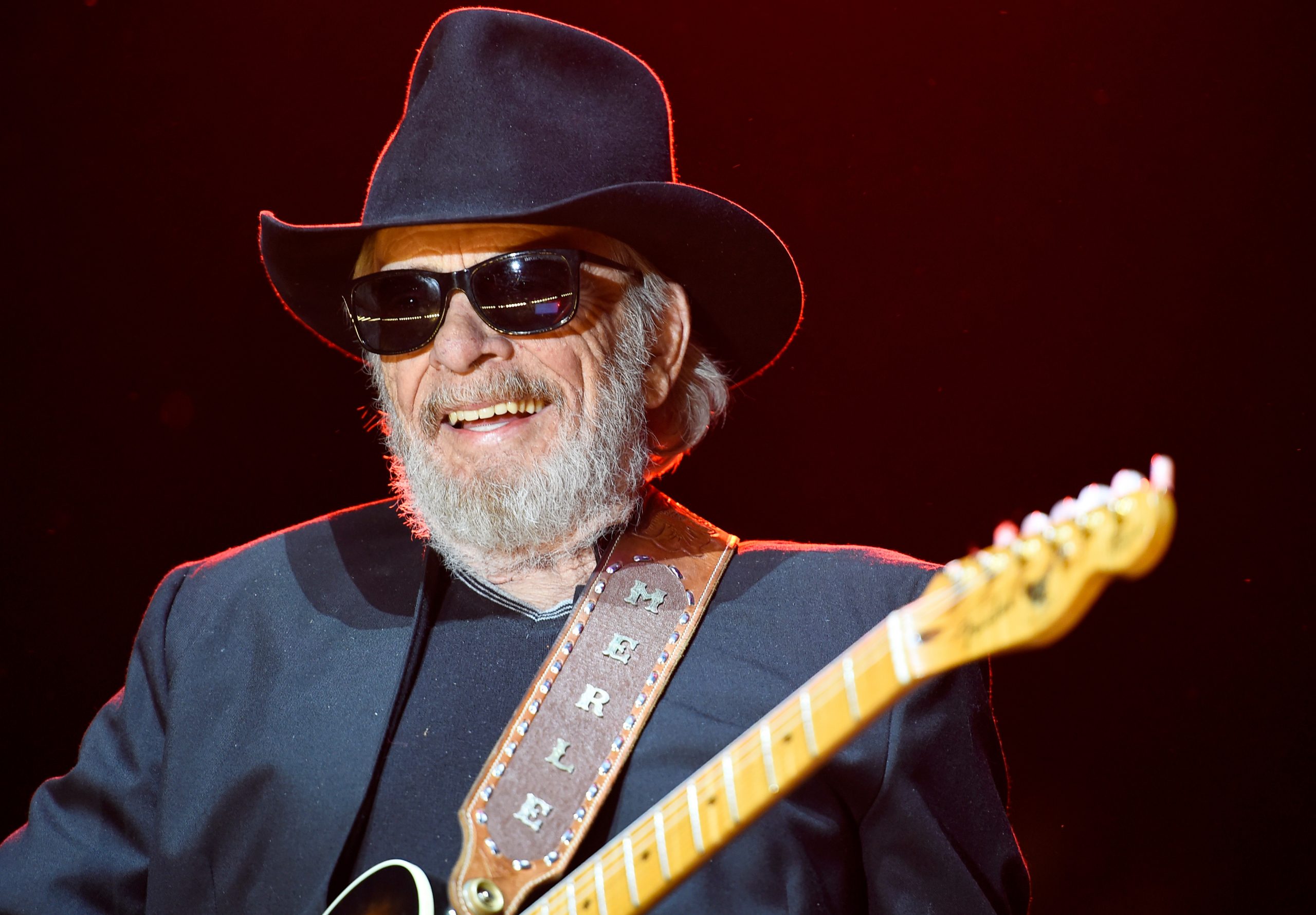
Towards the end of his life, country music star Merle Haggard suffered greatly with his health. After receiving a diagnosis of double pneumonia, the 79-year-old knew that the prognosis wasn’t great. Haggard cancelled a number of planned shows to recover at home, but ultimately was unable to pull through and passed away surrounded by family and friends. His son, Ben, later revealed that, in the weeks before he died, Haggard had phoned him and told him he was going to die on his birthday, a prediction that would prove to be startlingly accurate.
Prince
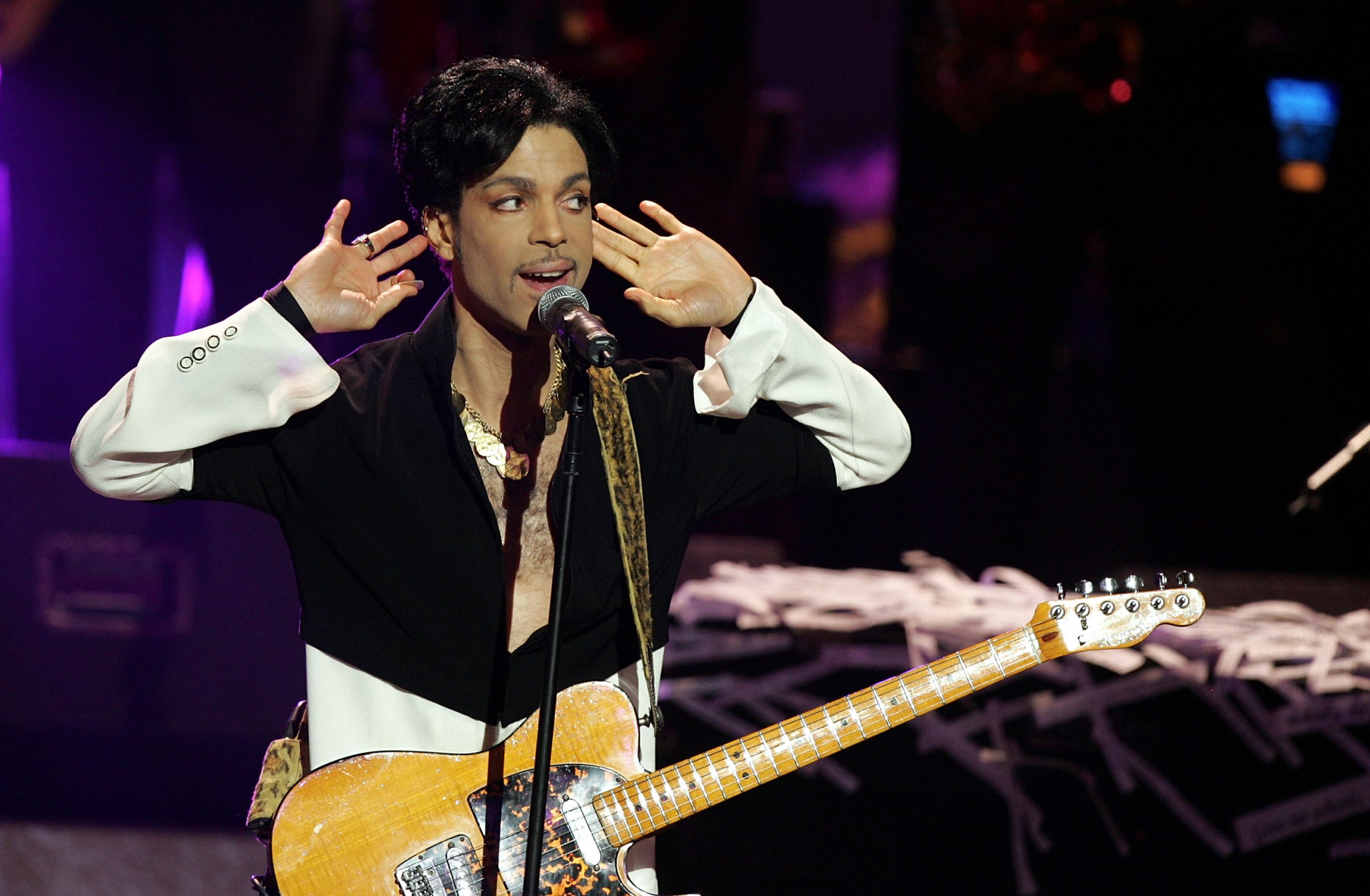
The world was shocked when iconic musician Prince tragically passed away on April 21, 2016. It emerged that the Purple Rain singer had been self administering counterfeit meds to treat chronic pain, and had accidentally overdosed after getting some pills laced with fentanyl. According to Prince’s sister, three days before his death the musician had called her and, during the course of the conversation, told her that he had done everything he’d came to do – which some have taken as a hint that he knew his death was coming.
Nicholas Mevoli

According to his teammates, Nicholas Mevoli was one of the most naturally gifted freedivers in the history of the sport. However, he was also known to be incredibly competitive – both with himself and others – and those closest to him often worried. In the months leading up to his death, Mevoli became consumed with breaking world records for the deepest dive on a single breath. Shortly before he tragically died, the freediver wrote, “numbers infected my head like a virus and the need to achieve became an obsession. Obsessions can kill”. On November 15, 2013, Mevoli proved himself right when he tried to set a world record at Dean’s Blue Hole in the Bahamas, suffered a pulmonary oedema, and passed away.
Brandon Lee
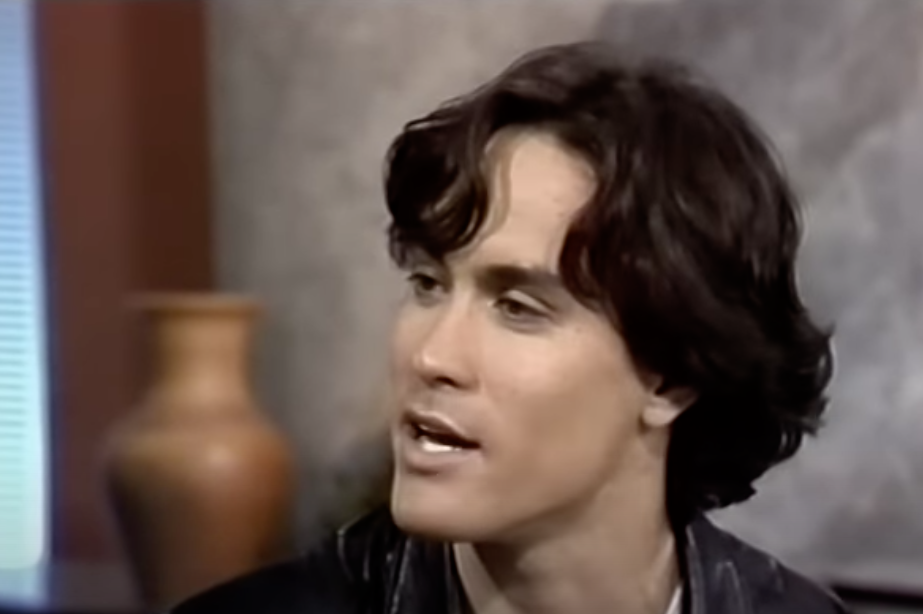
Bruce Lee died completely unexpectedly at the age of 32 on July 20, 1973, the result of a cerebral oedema. His eight year old son, Brandon, was so affected by the death that he developed a conviction that his family was cursed. He believed that the curse originated from a bad business deal his grandfather had done, and confided in Shannon Bradley-Colleary – his former girlfriend – that he believed he would die even younger than his father. On March 31, 1993, Brandon Lee was shot dead at the age of 28 after a prop mixup on set, fulfilling his prophecy.
Michael Jackson
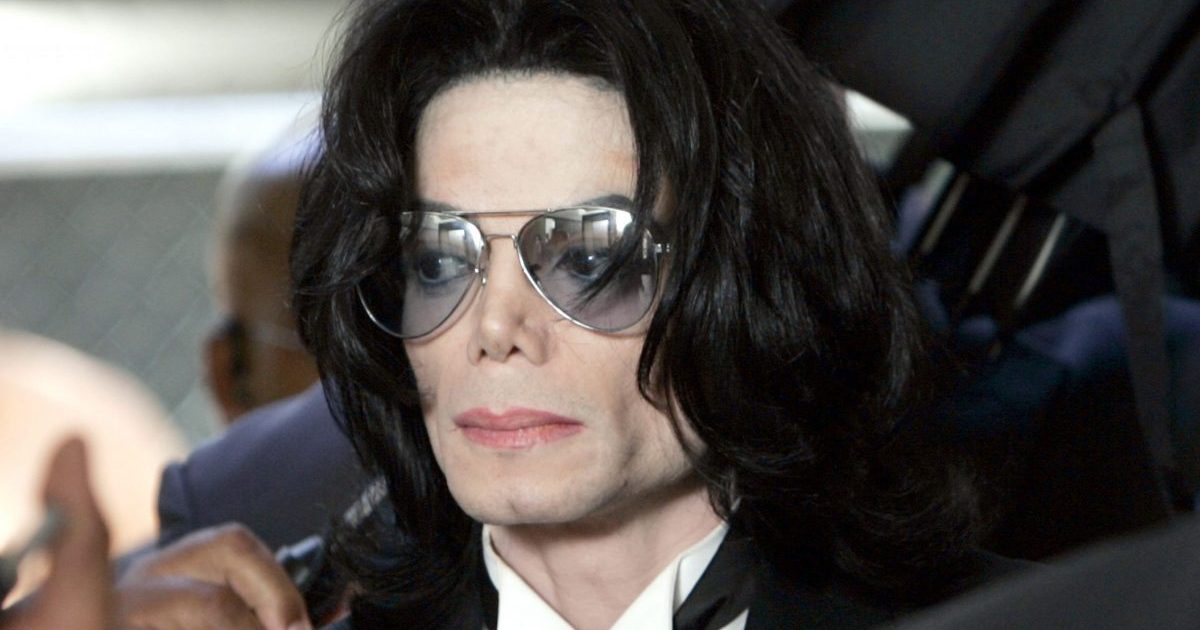
Michael Jackson’s death was ruled as an accidental overdose of Propofol, a drug sometimes used a relaxant. However, Conrad Murray – Jackson’s personal doctor – was convicted of involuntary manslaughter by a court, and many fans believe something more sinister was going on. Jackson’s final correspondences may lend credibility to this idea. In the final weeks of his life, the singer wrote frequent letters to his friends, claiming that he believed his murder was being plotted and that he was terrified for his life. Lisa Marie Presley – Jackson’s ex wife – has also claimed she believes people wanted him dead.
Avicii

The tale of Avicii’s untimely death is seriously upsetting. The gifted musician struggled extensively with the pressures of performing live and touring, and frequently experienced debilitating panic attacks before going on stage. Avicii wanted to retire from touring to focus on what he loved – making music – but he was locked into a contract with his management company and they refused to release him from his obligations. On more than one occasion, the musician predicted that if he didn’t retire from performing, it would result in his death. In 2018, Avicii was found dead in his hotel in Oman, with the cause of death given as suicide.